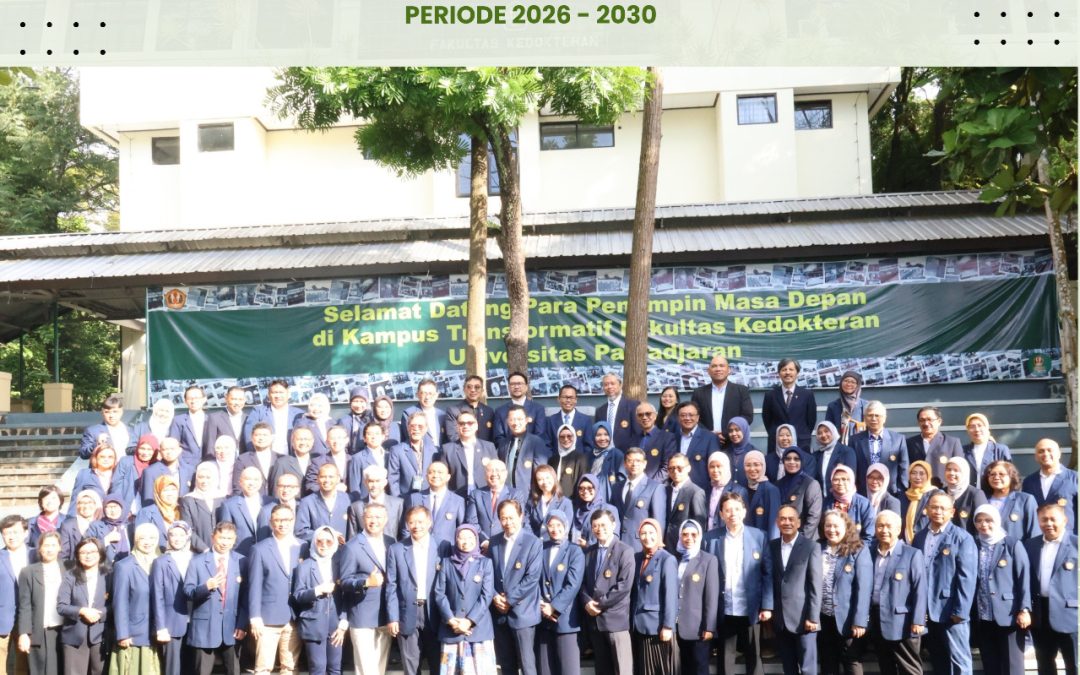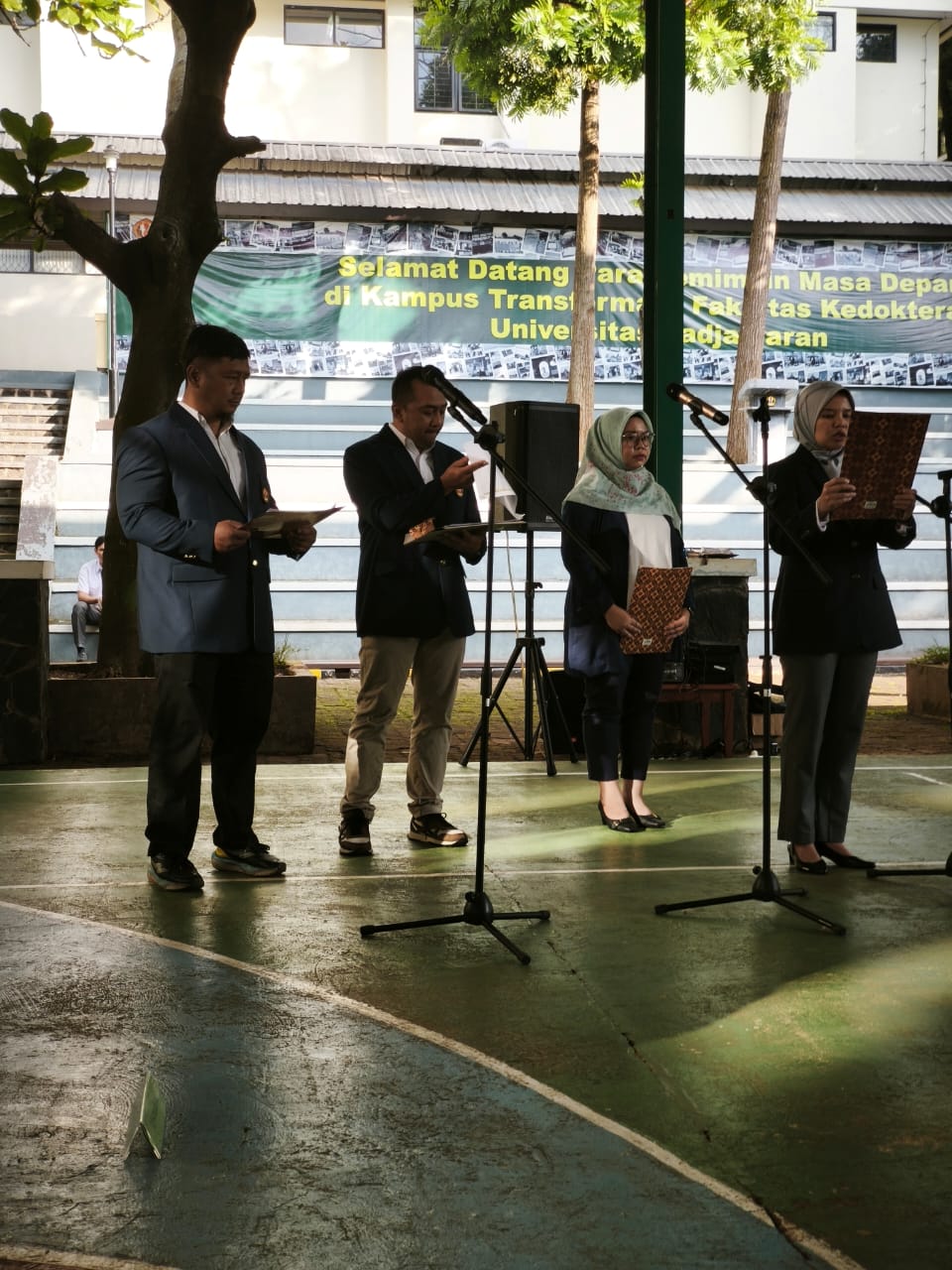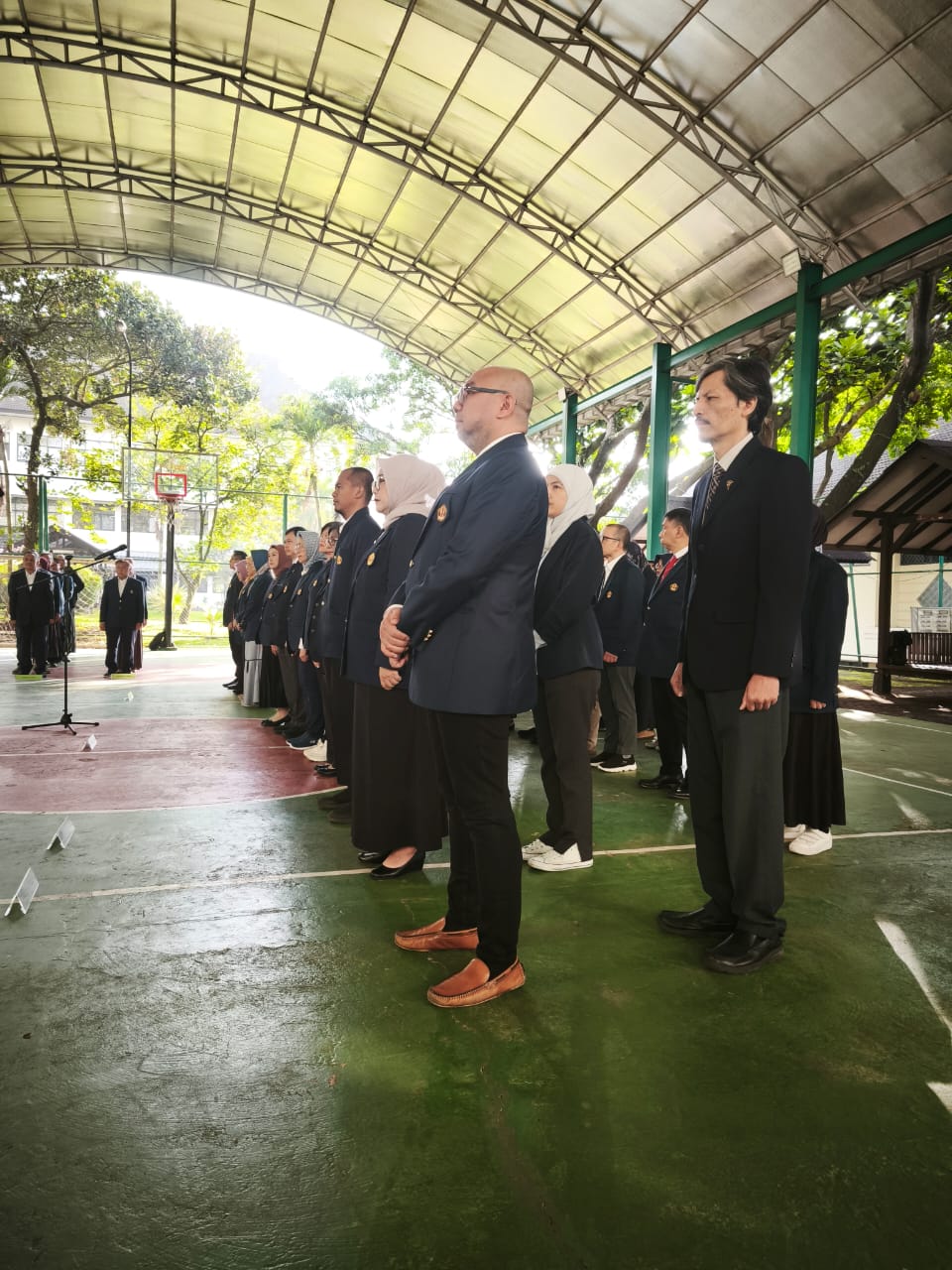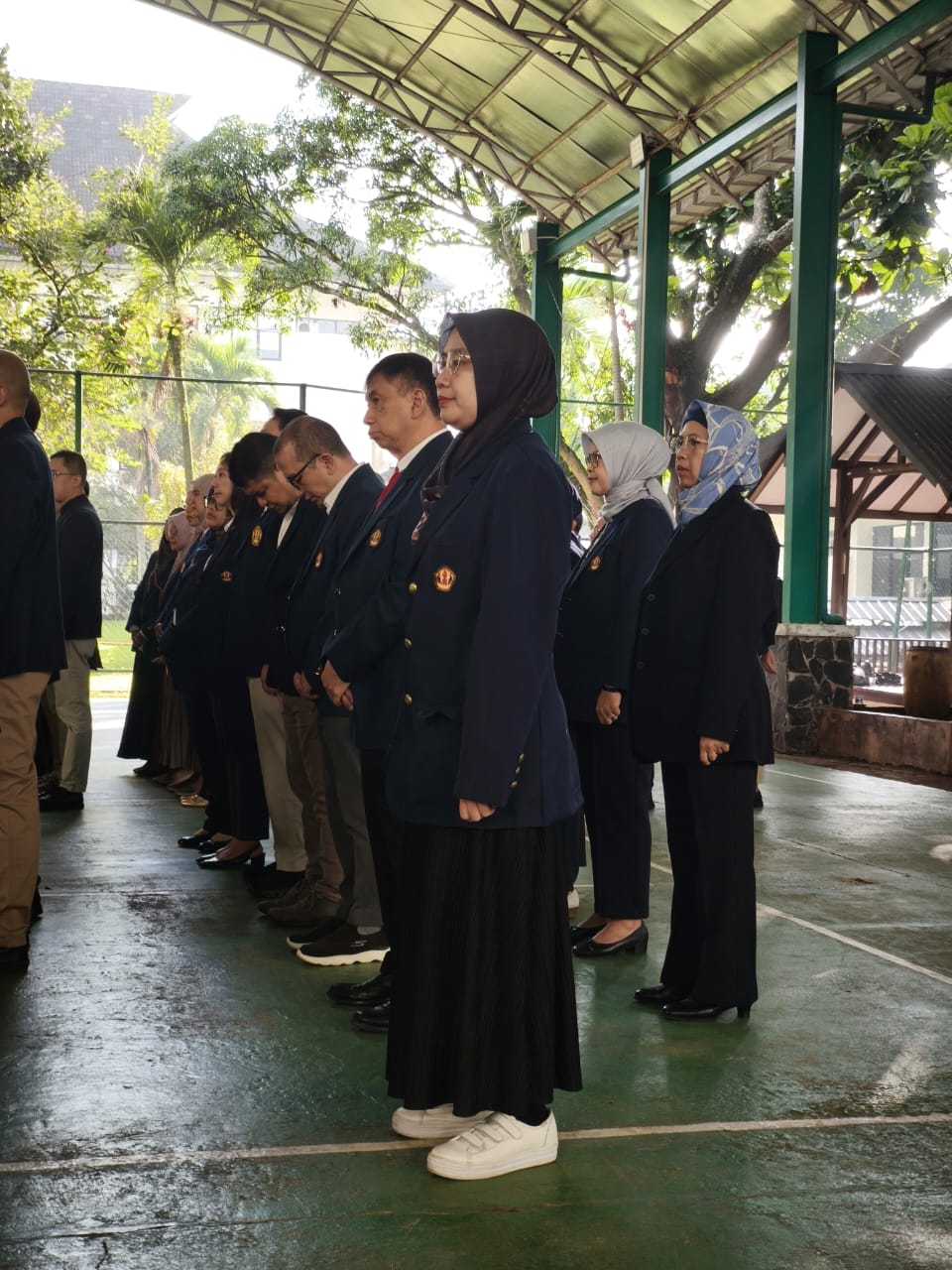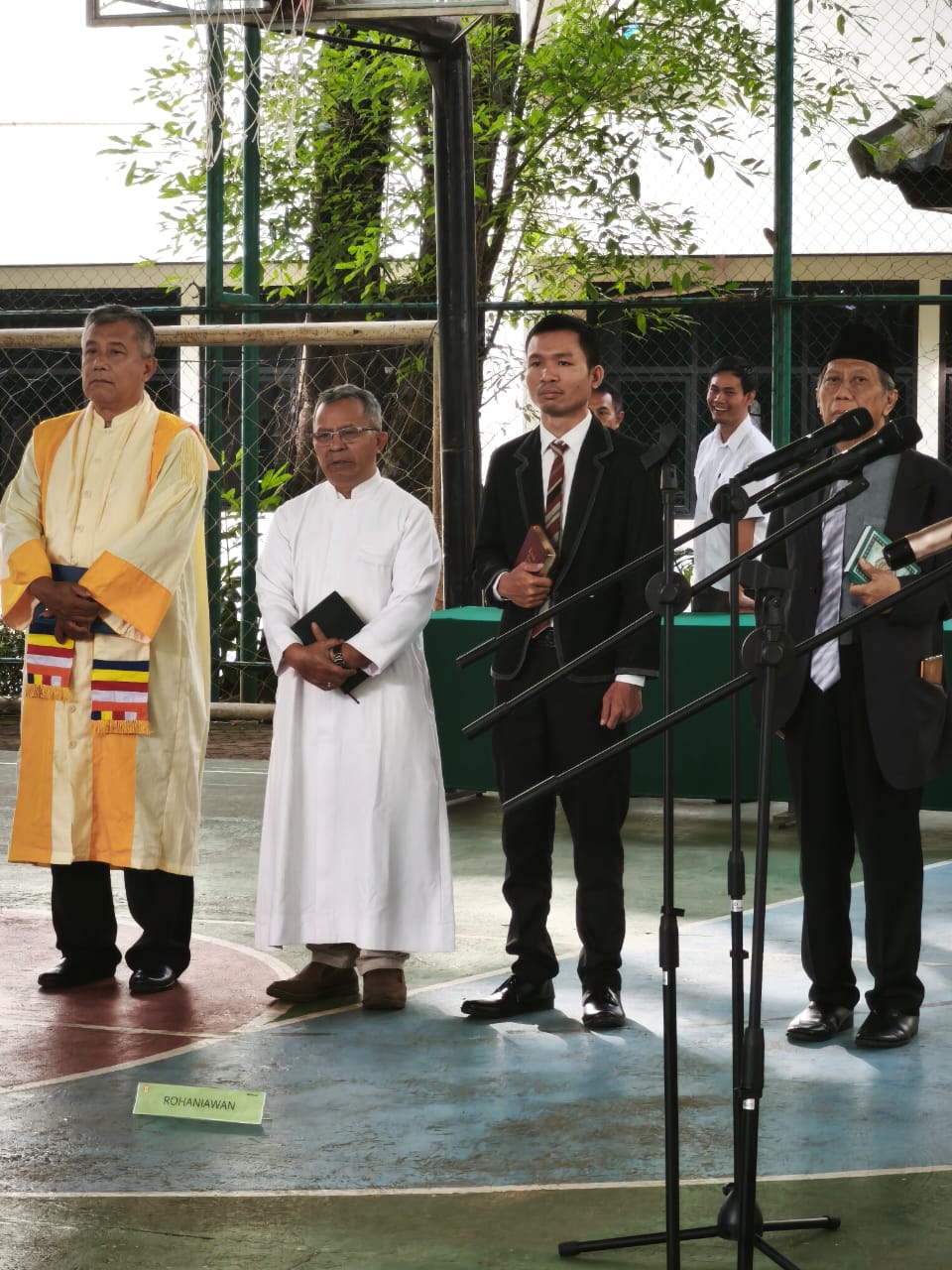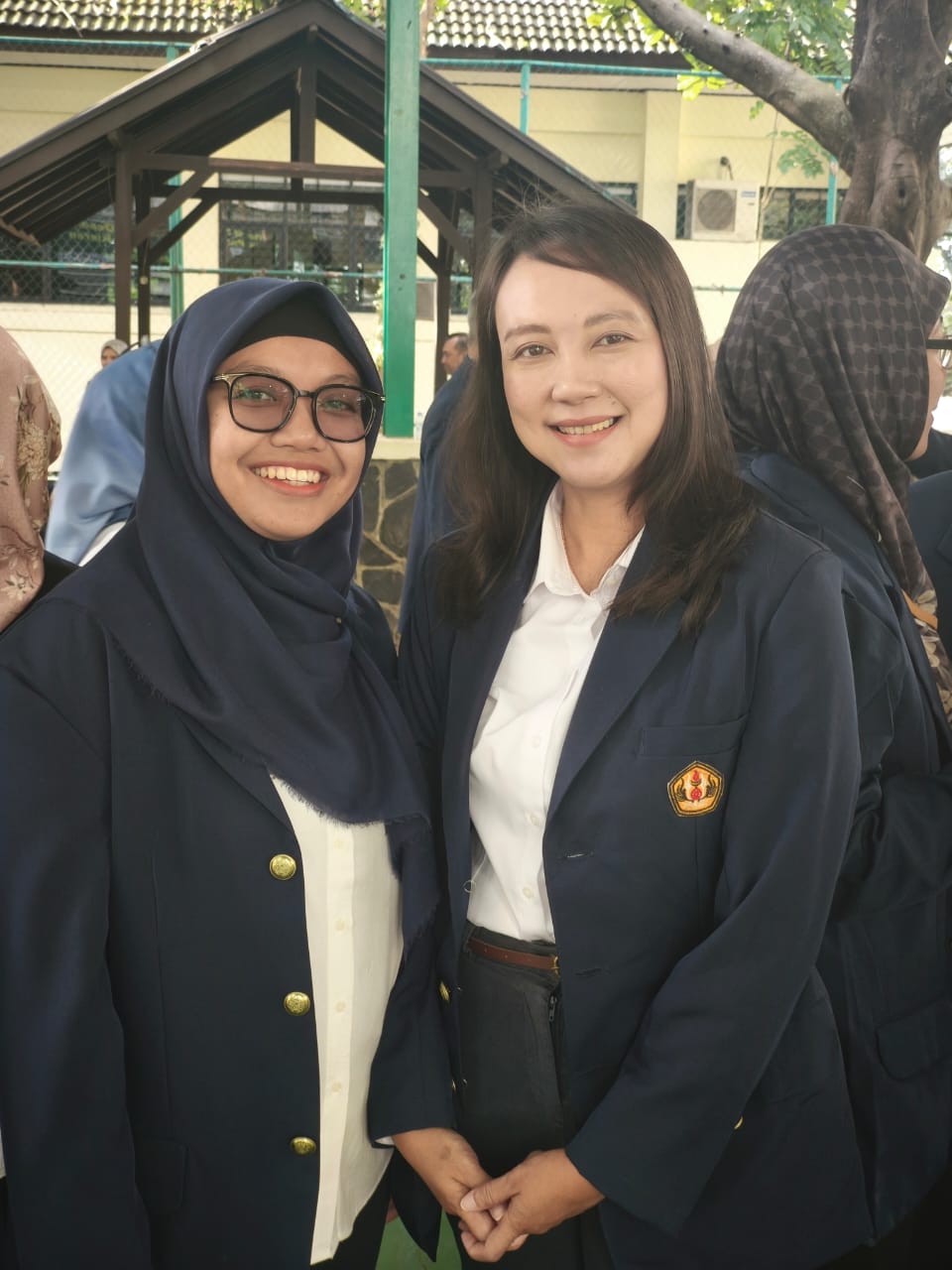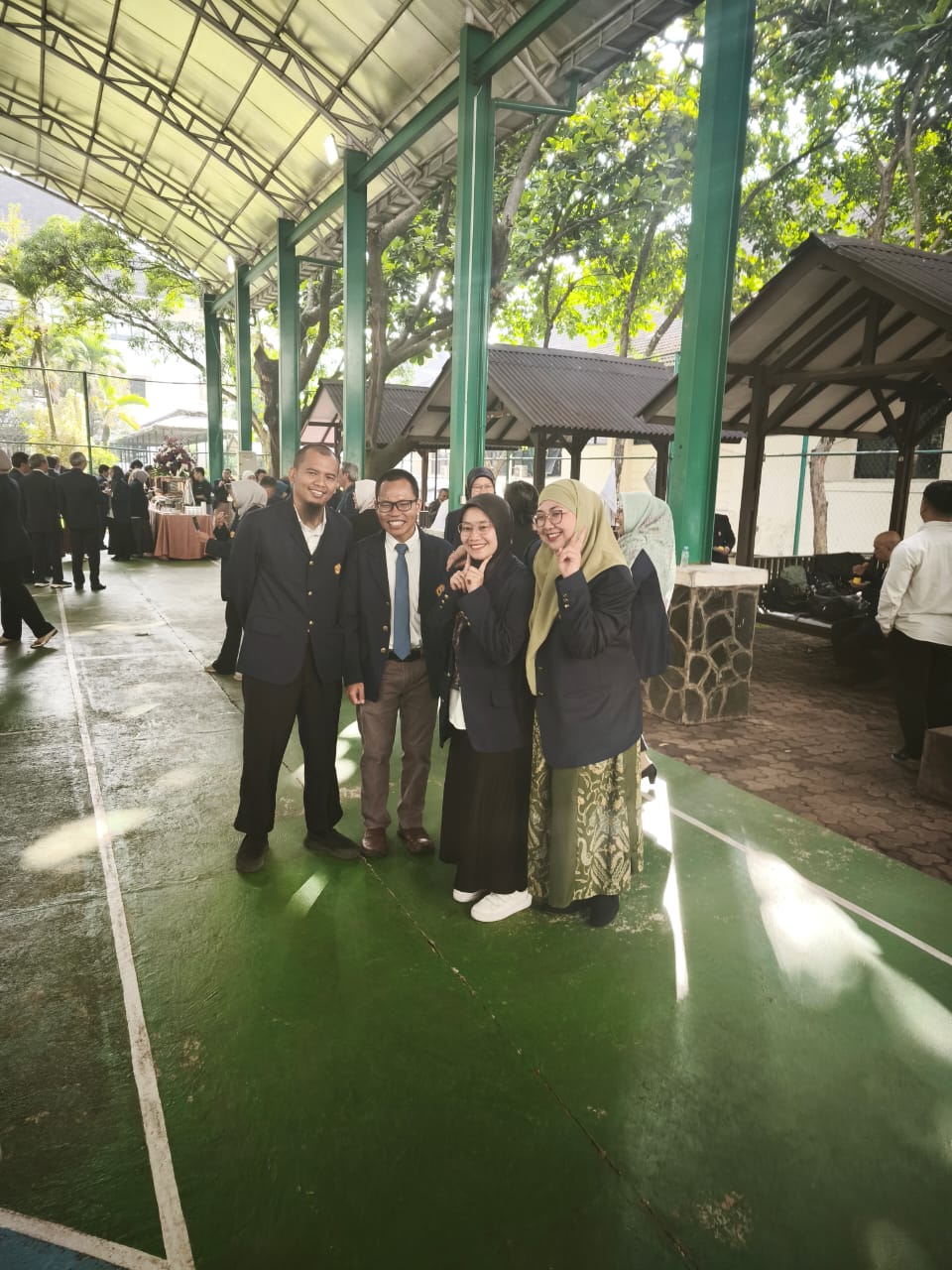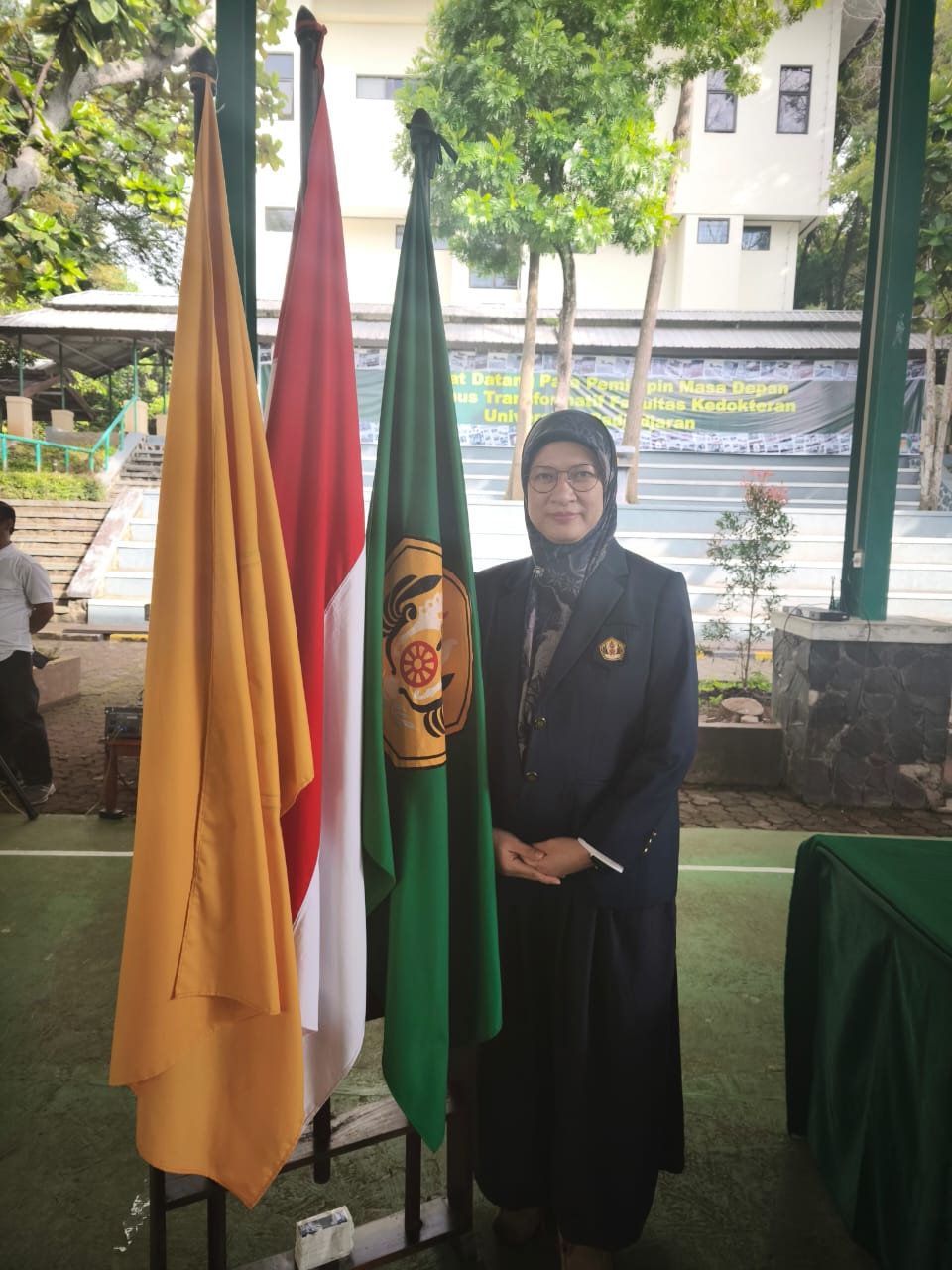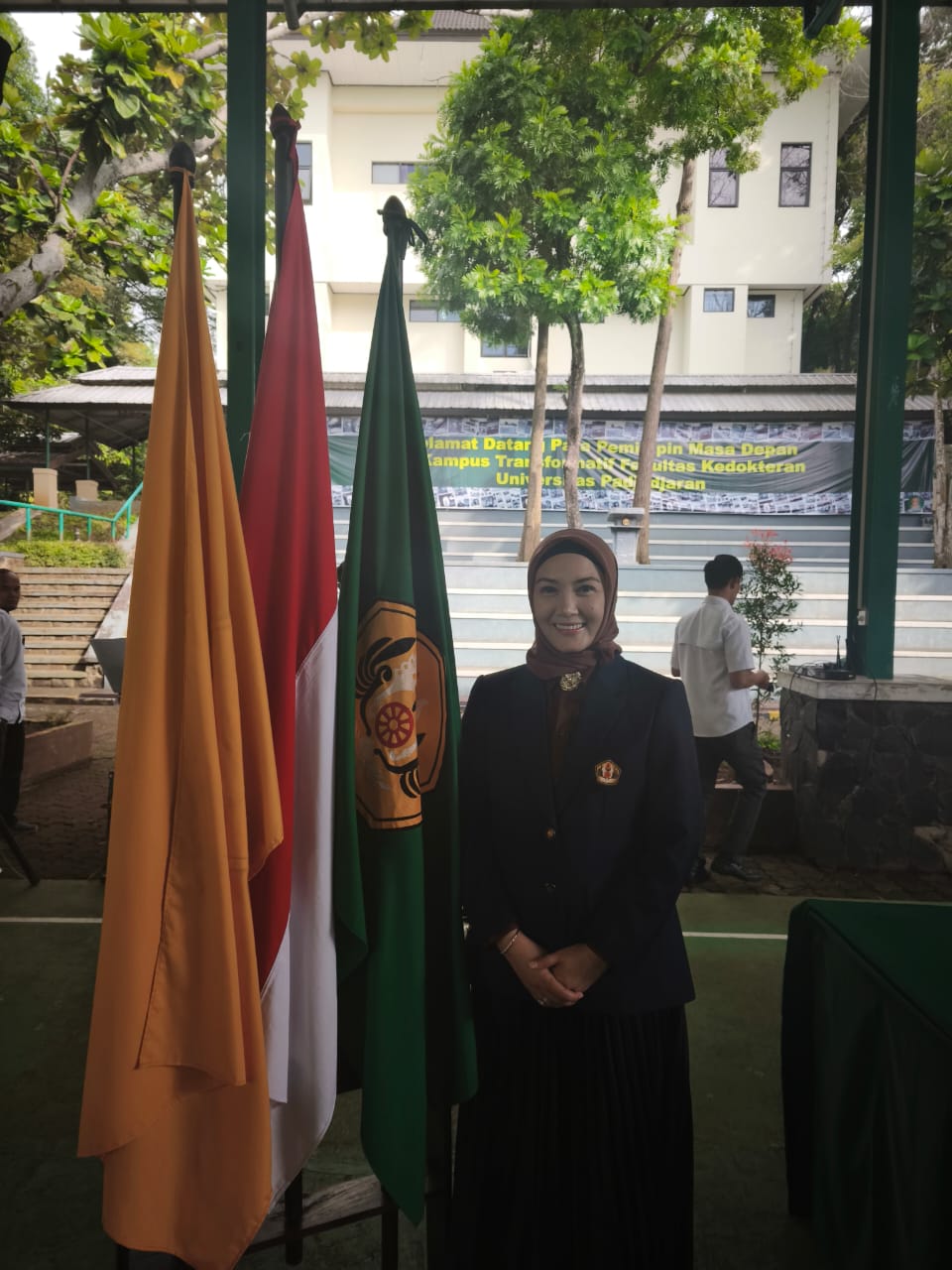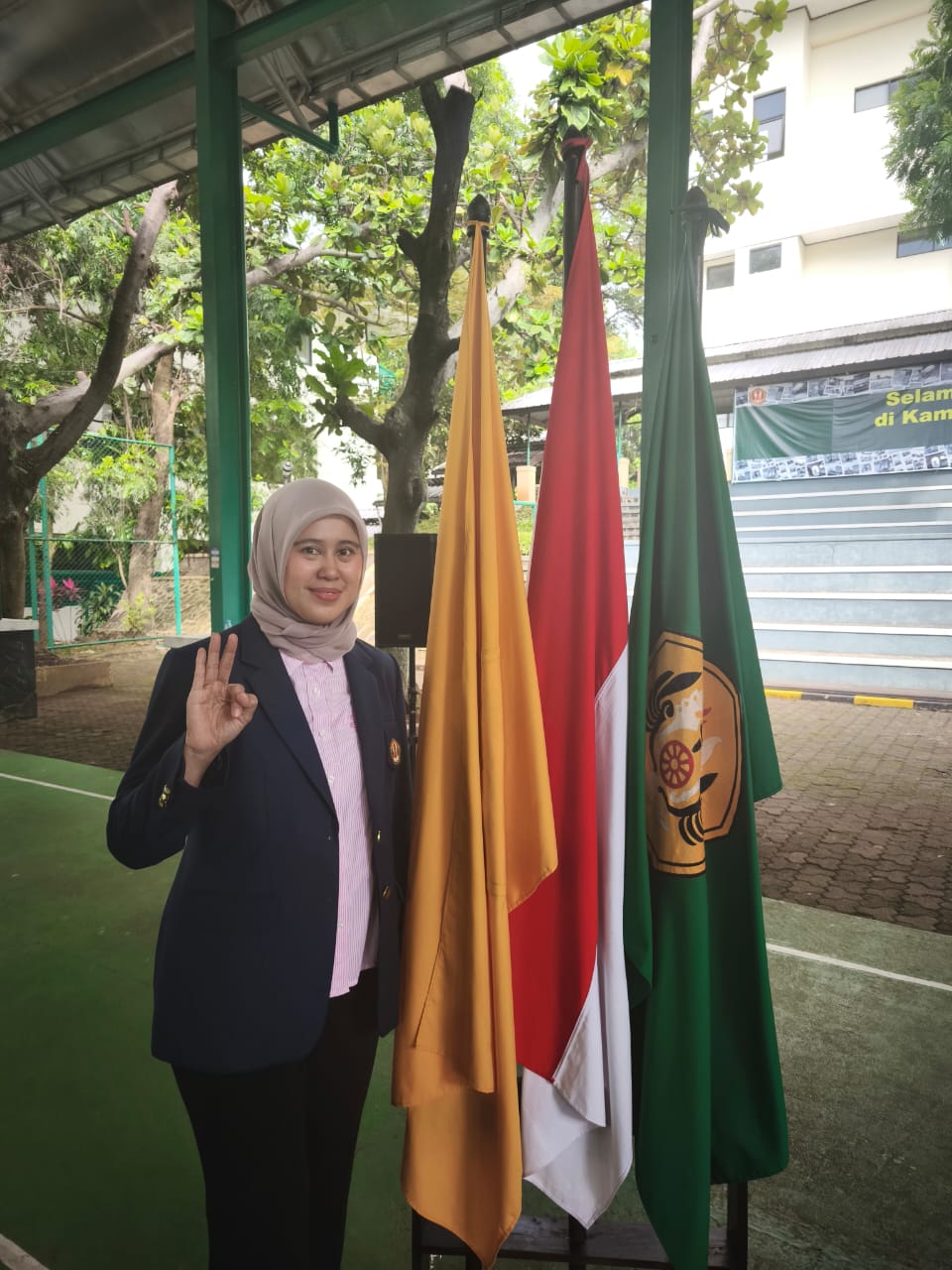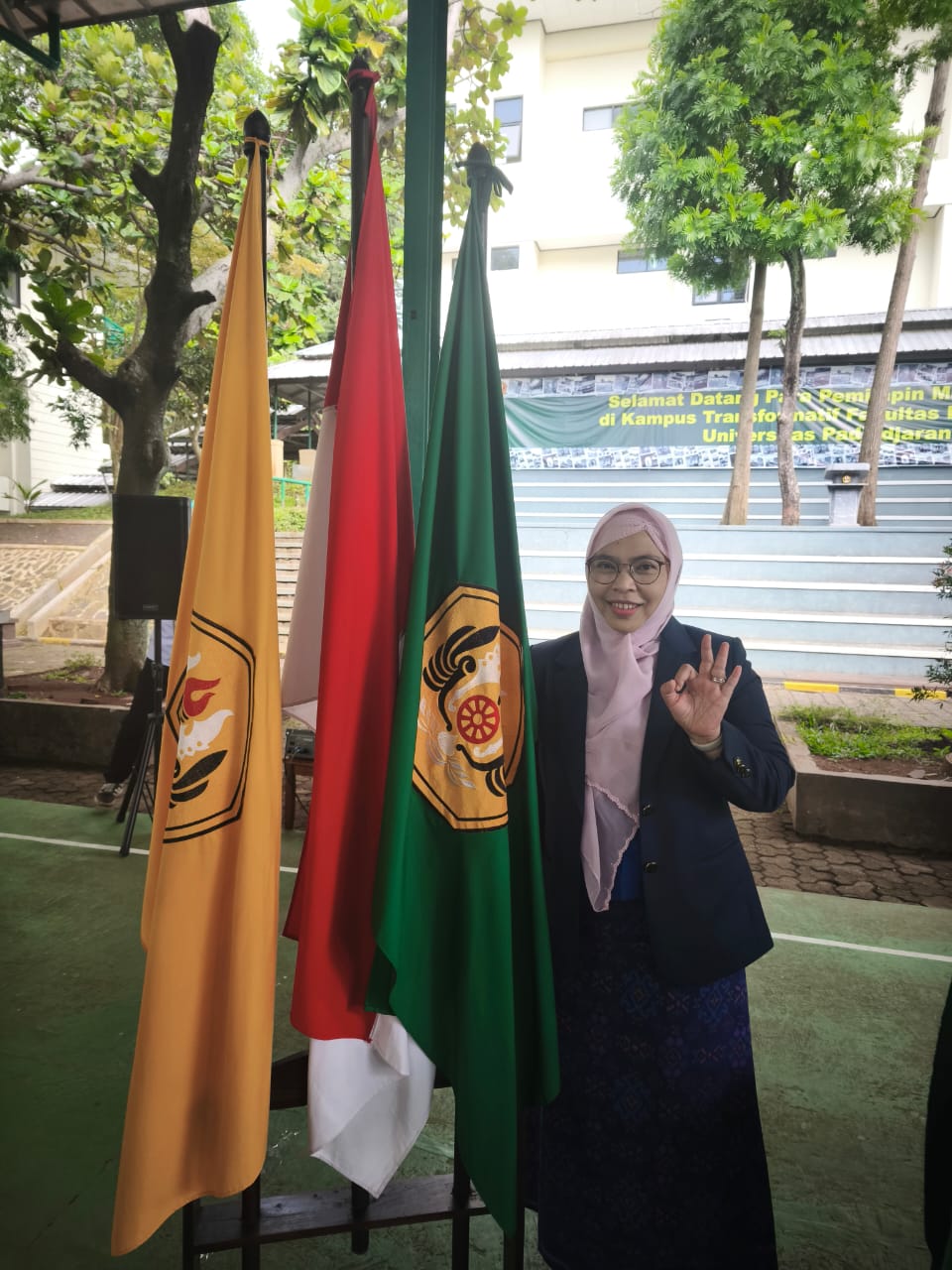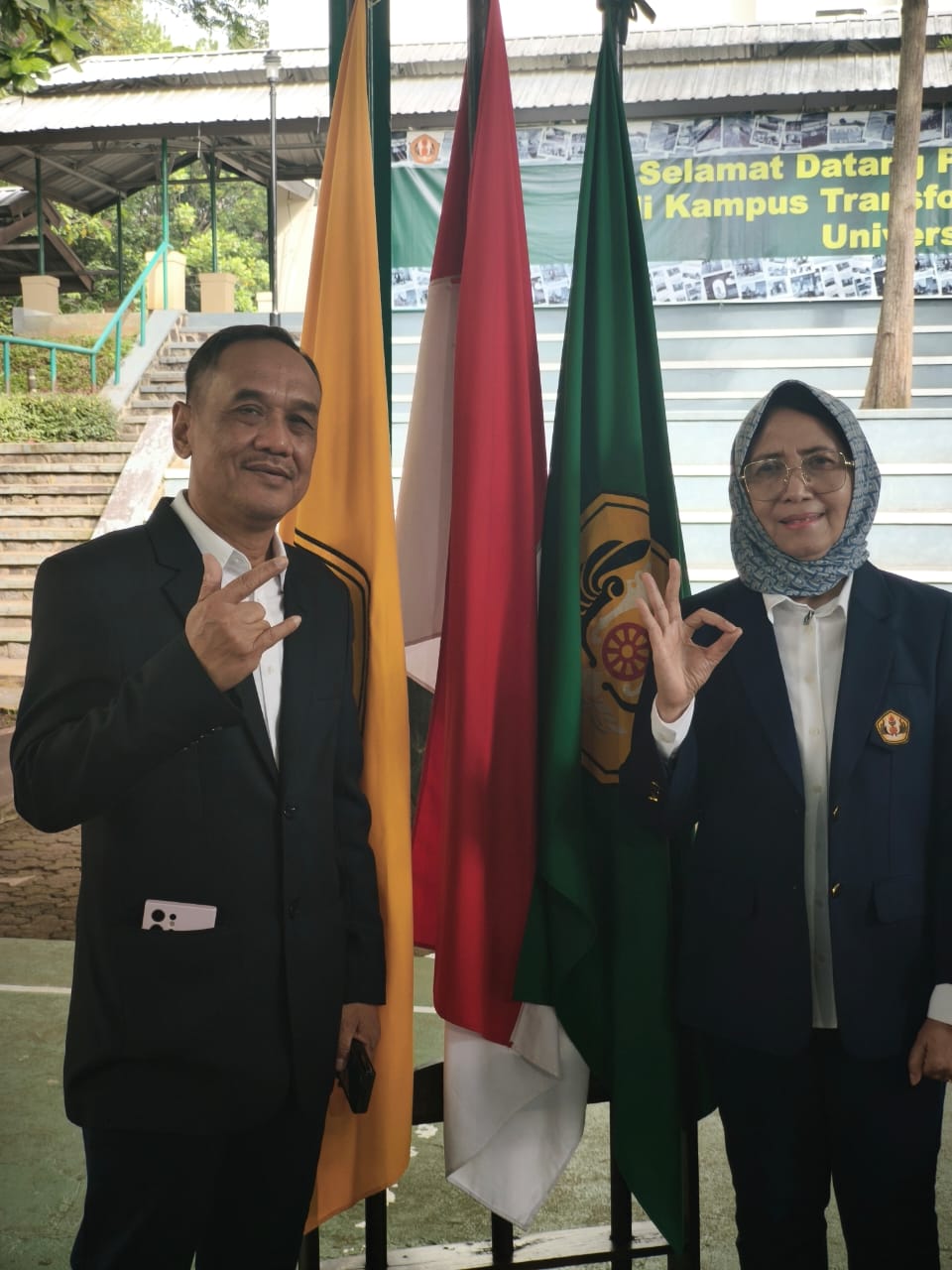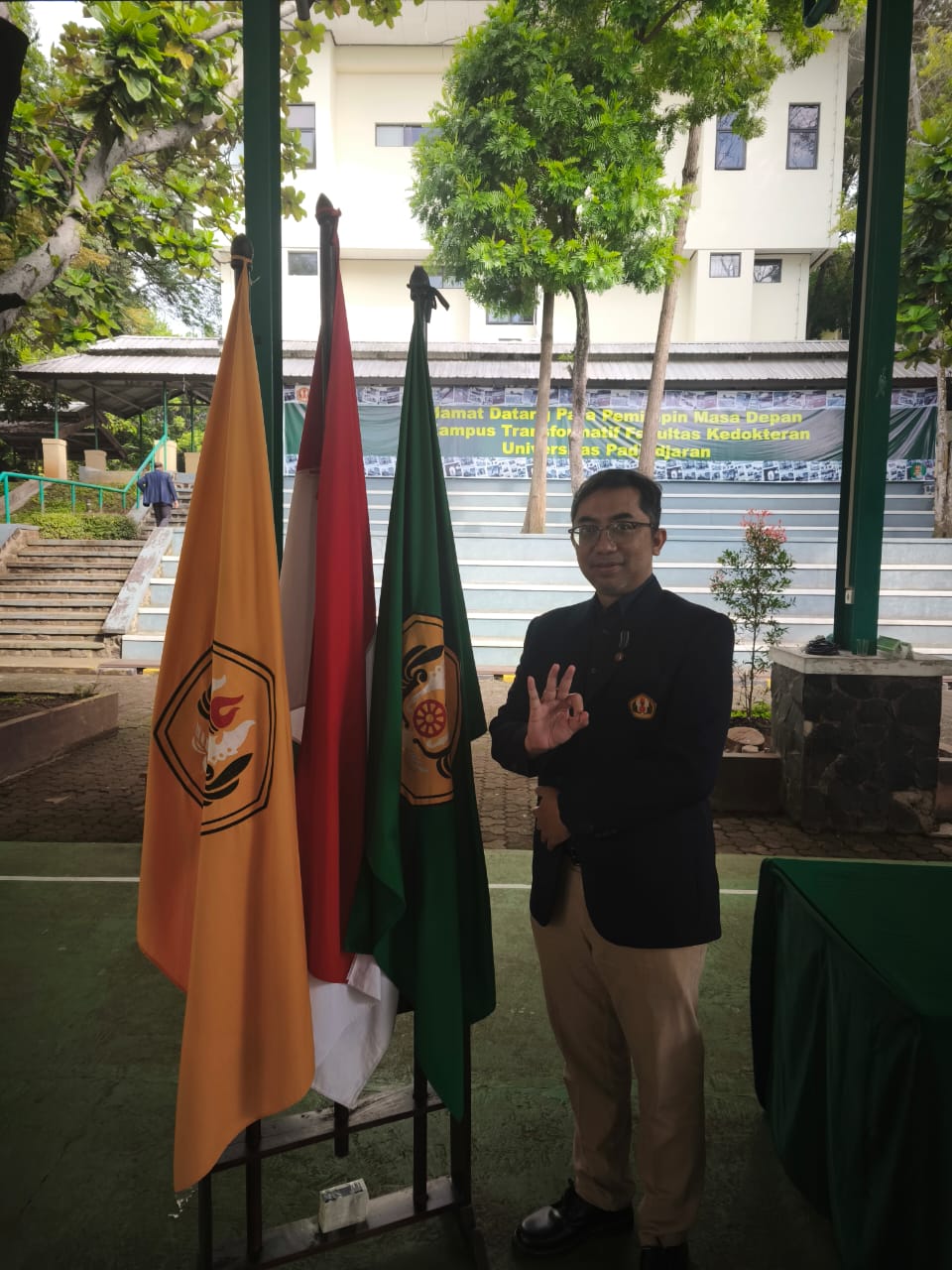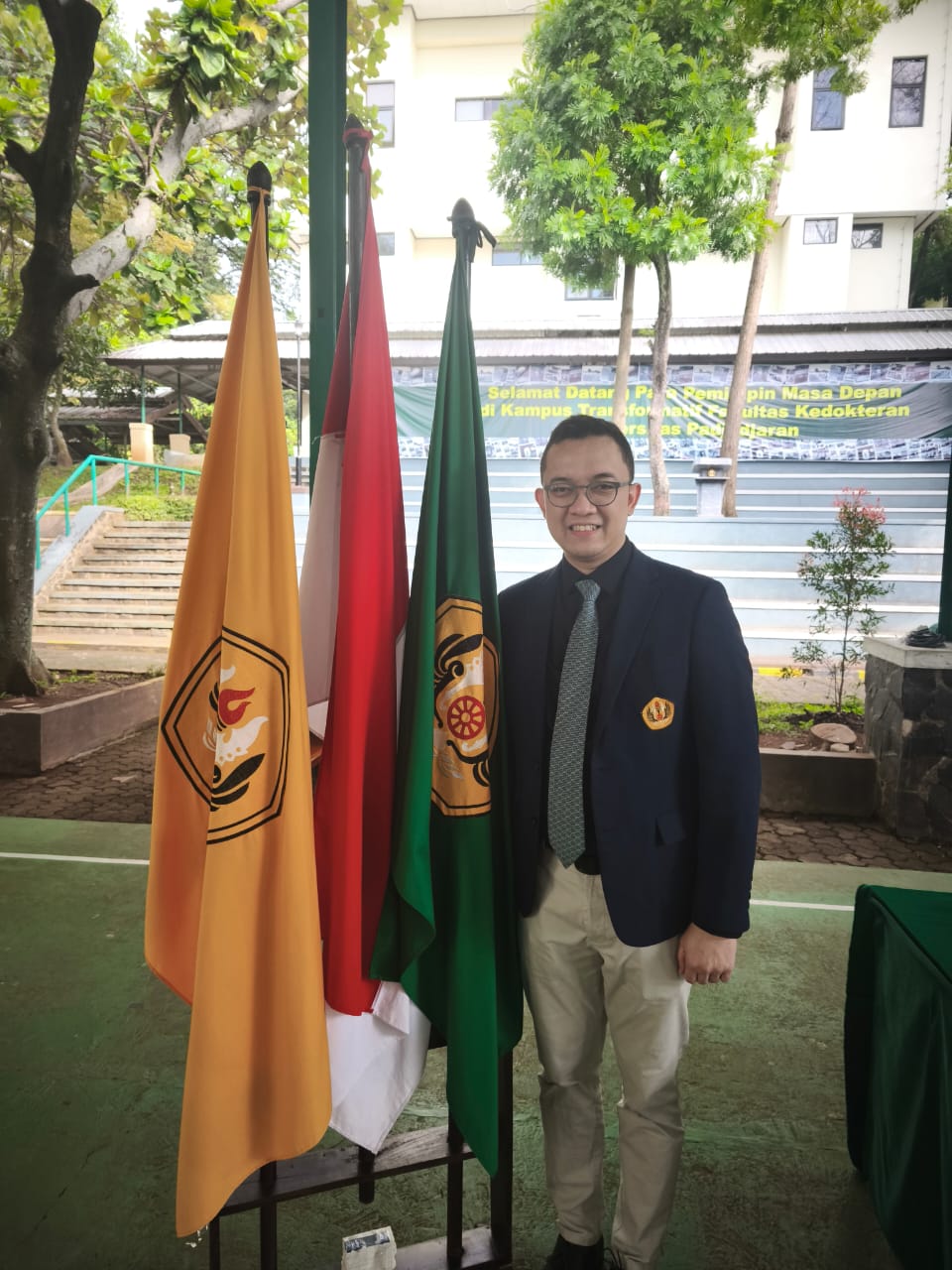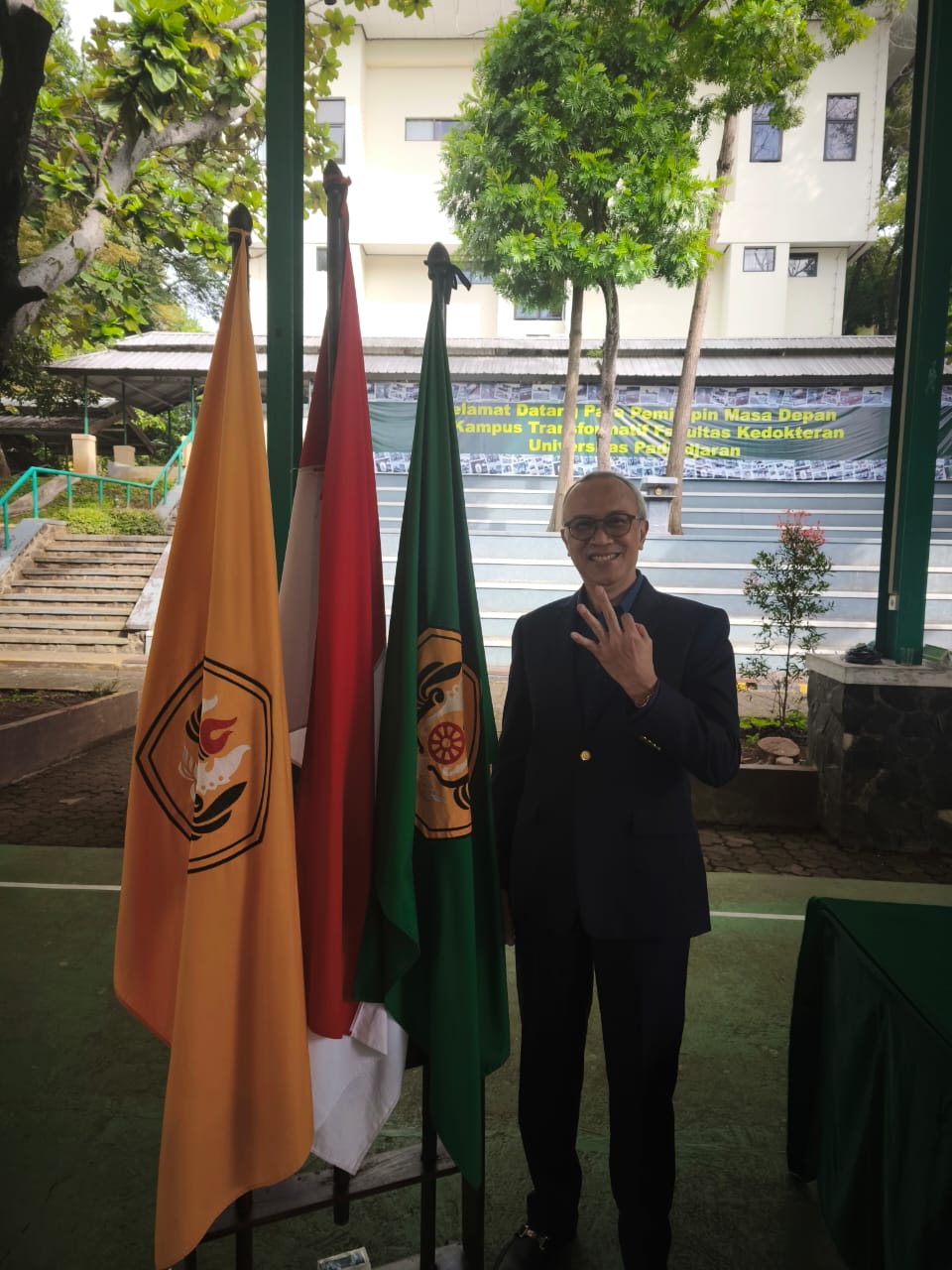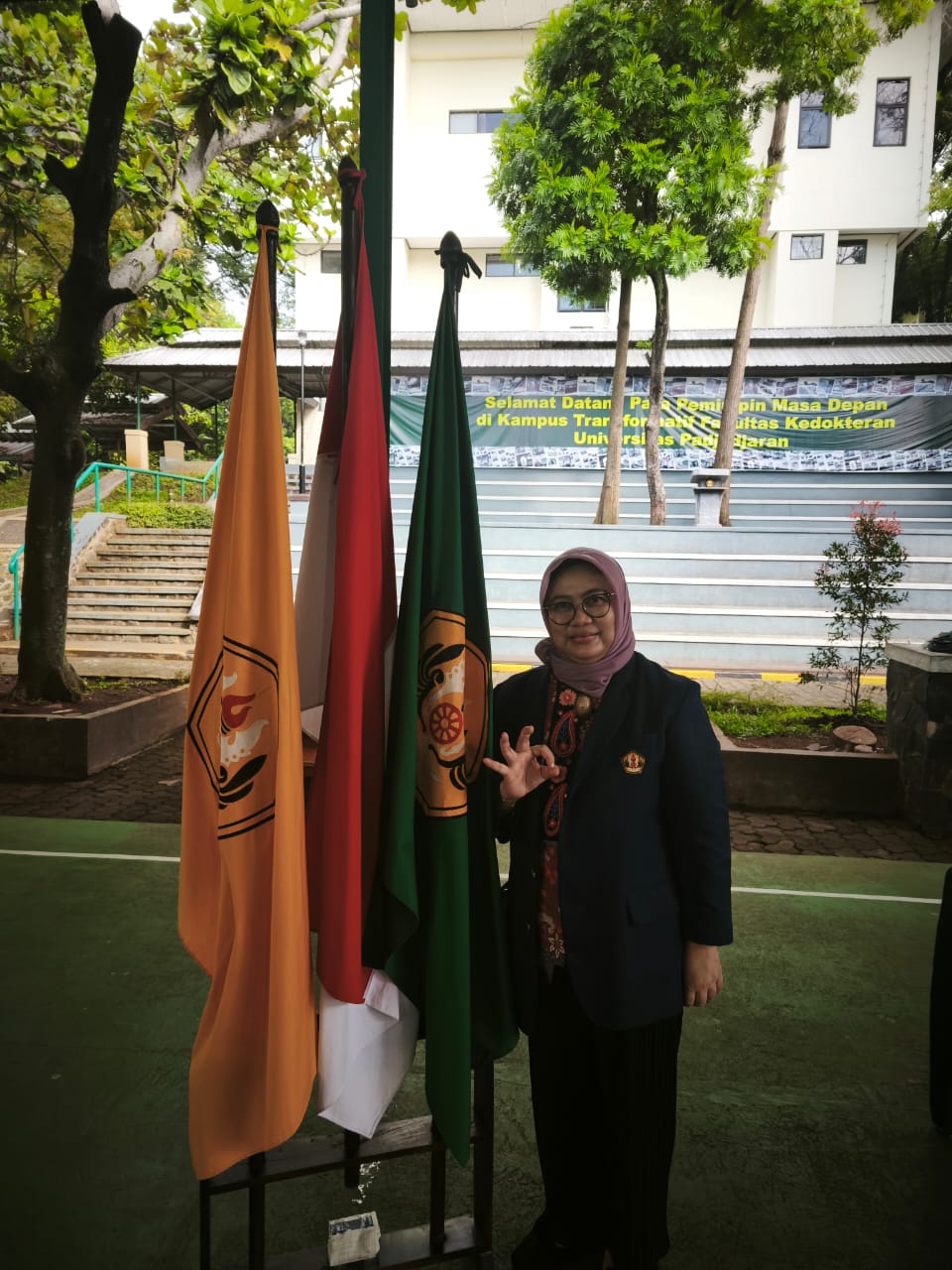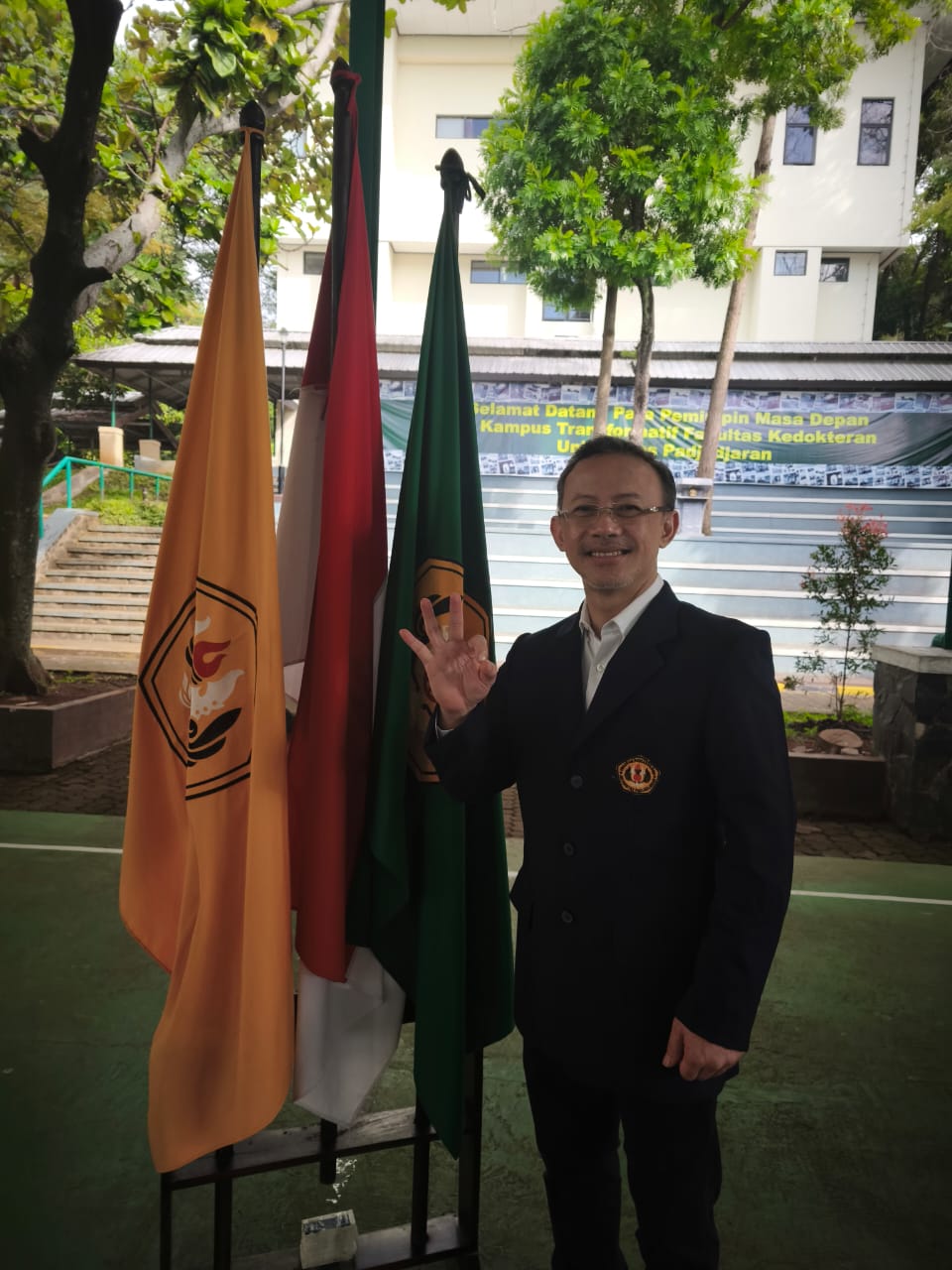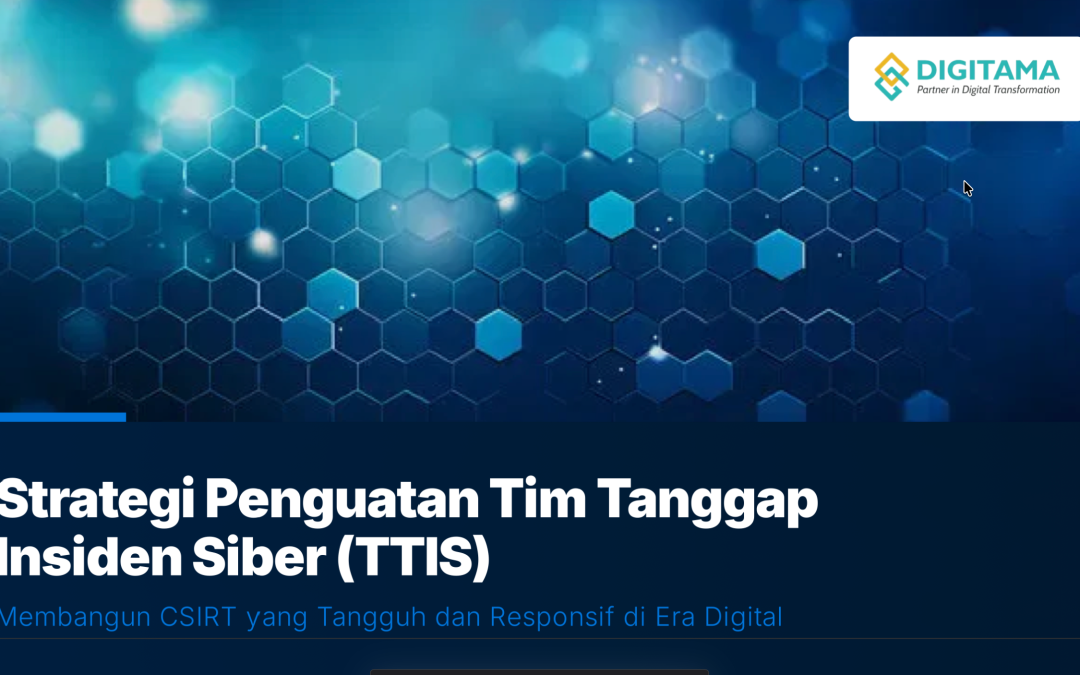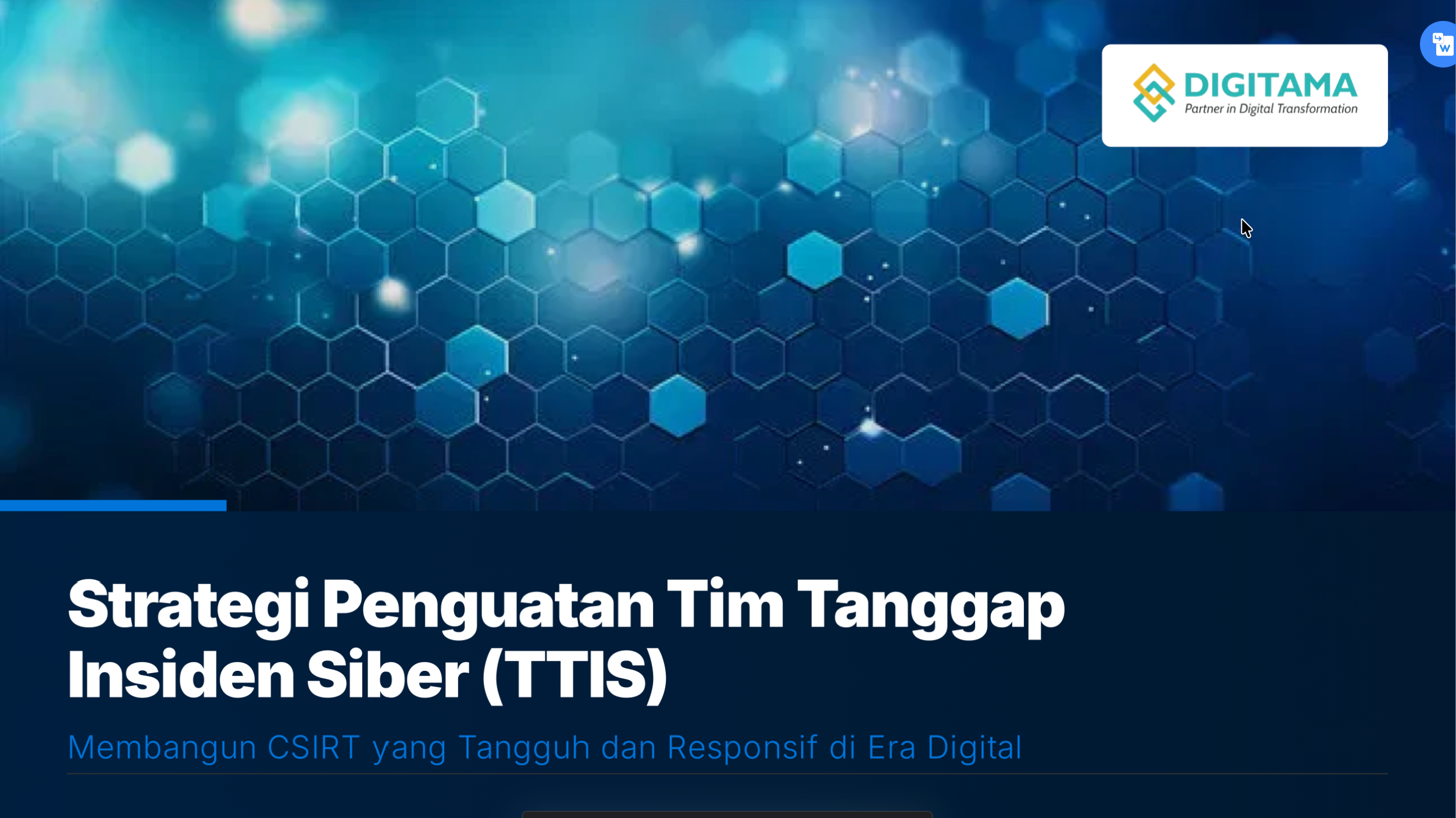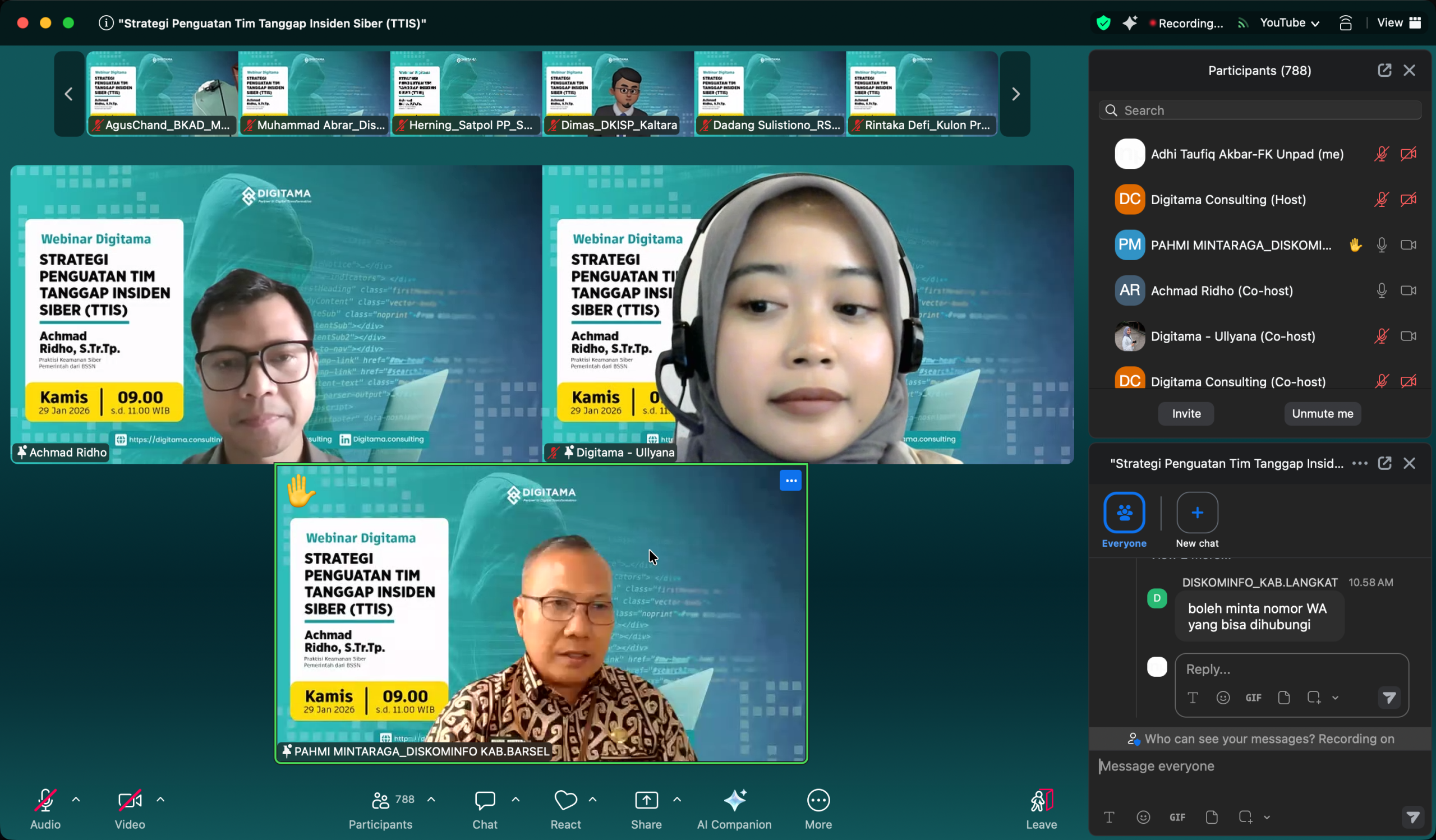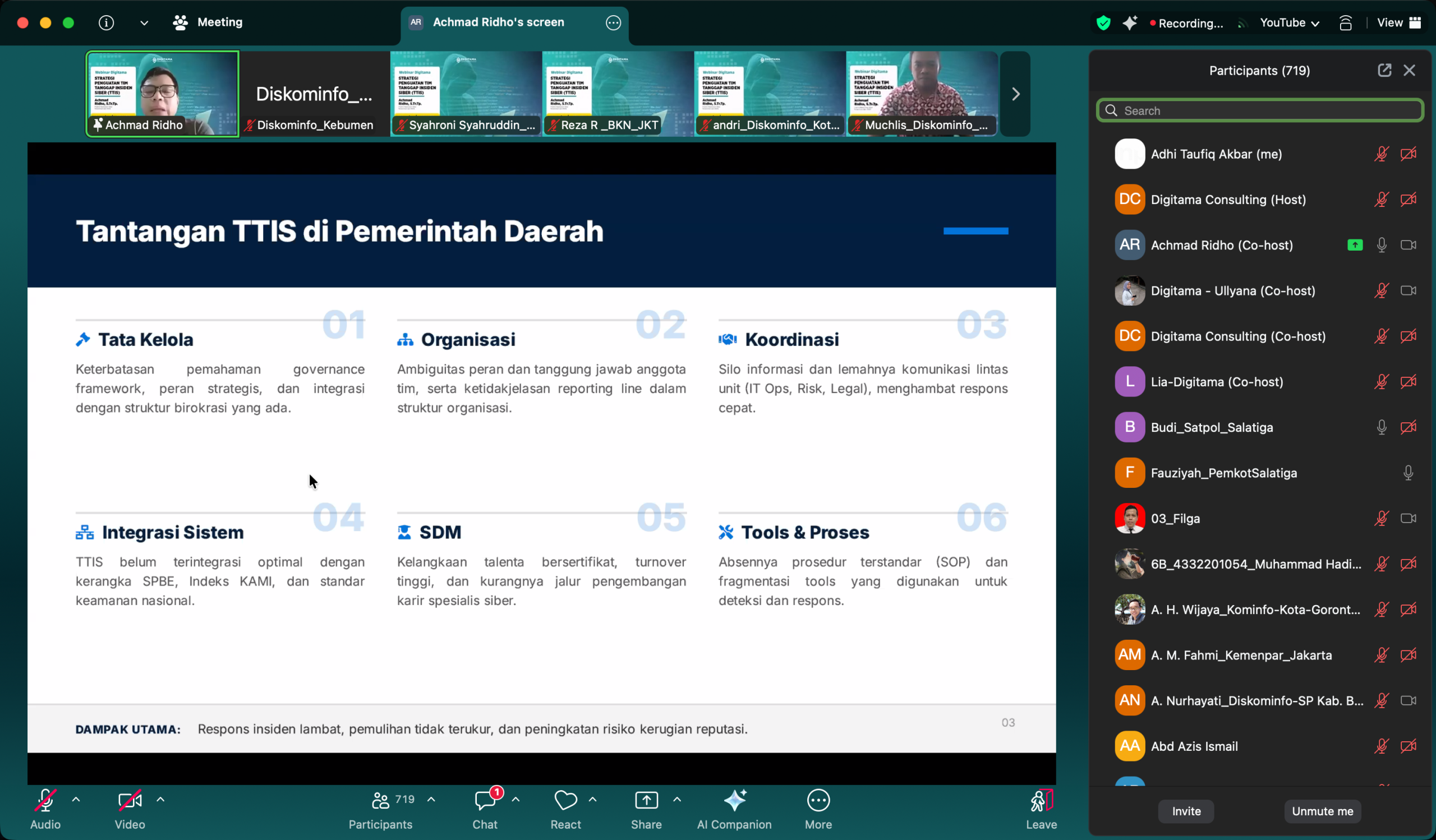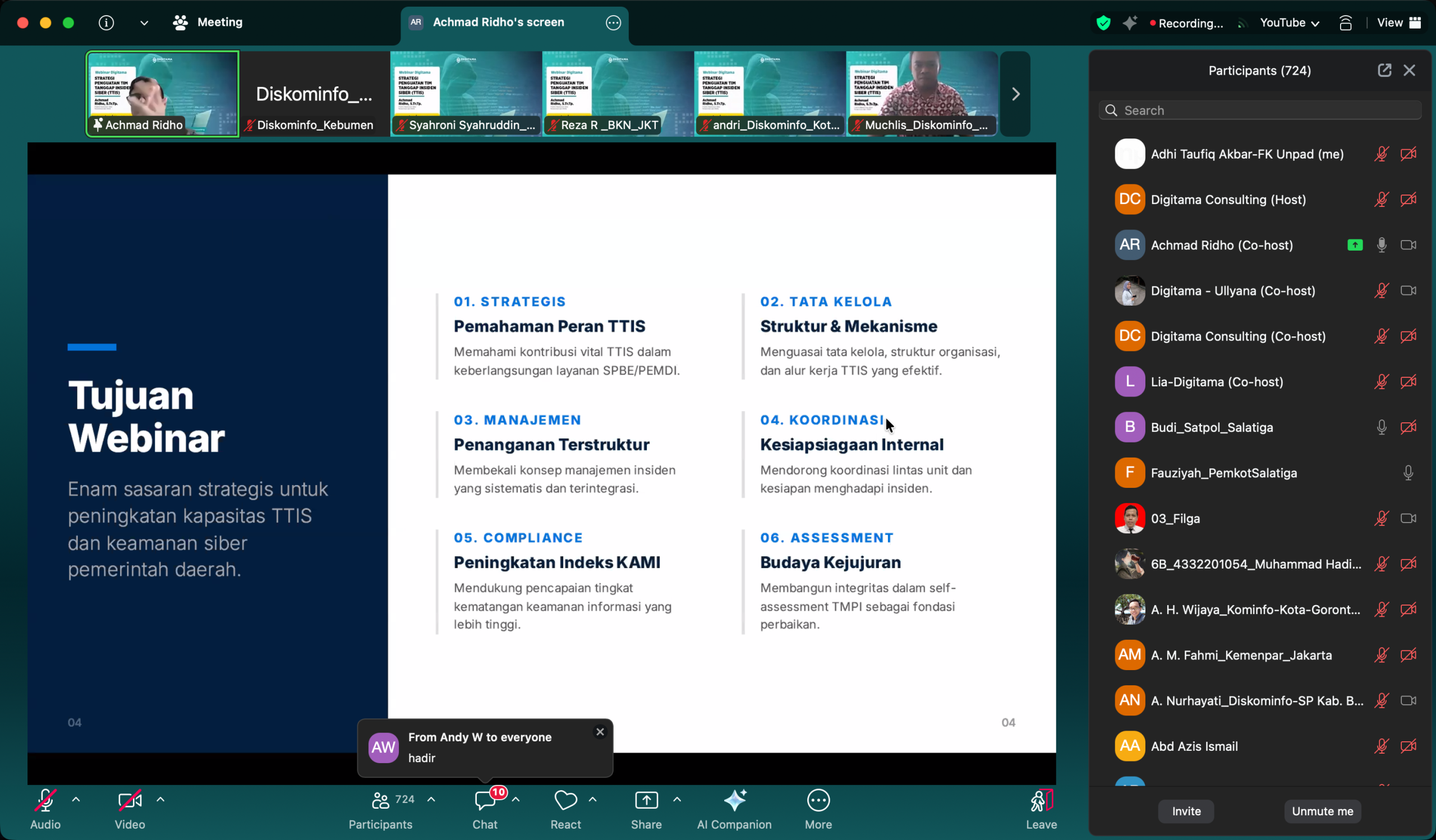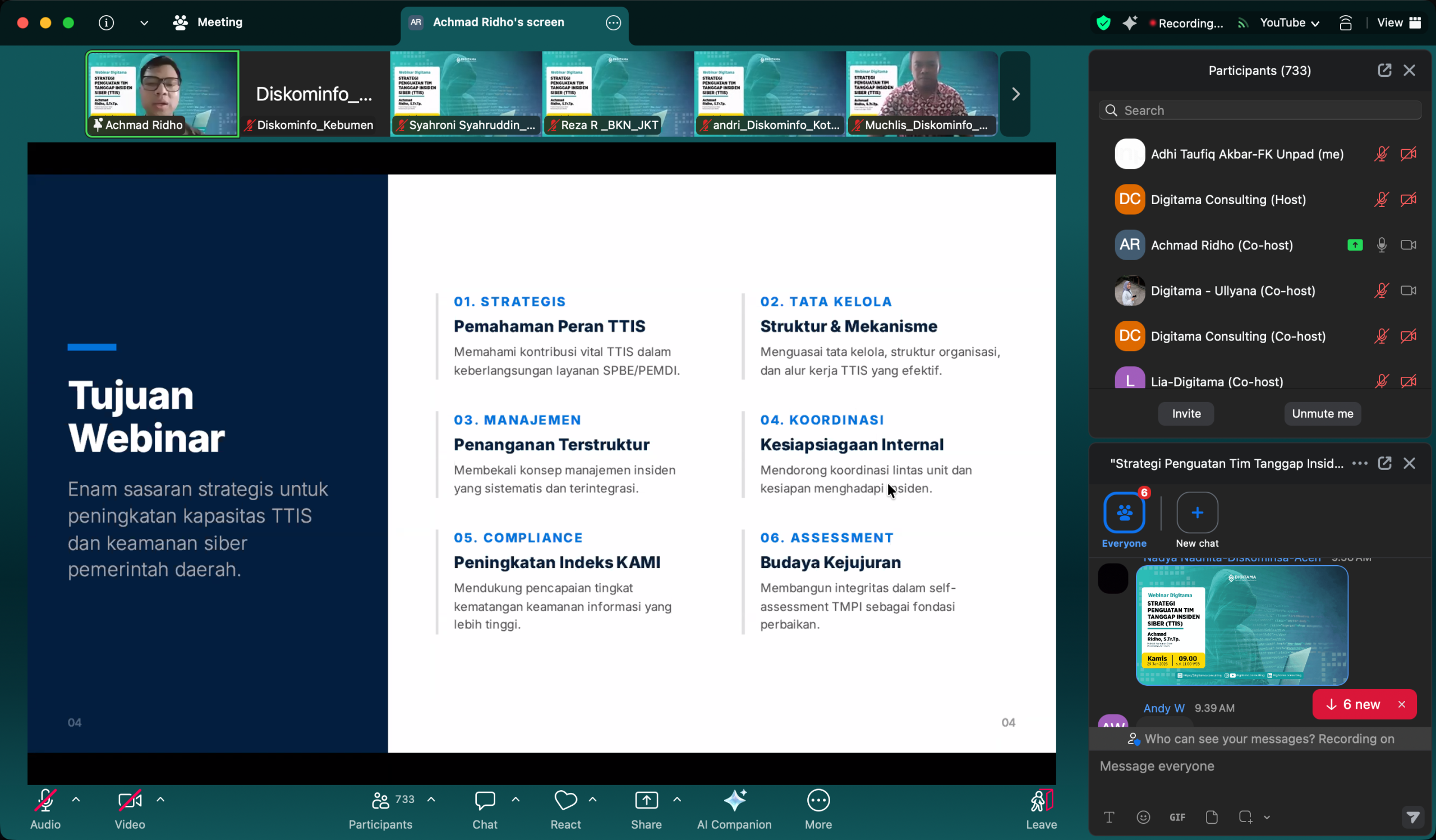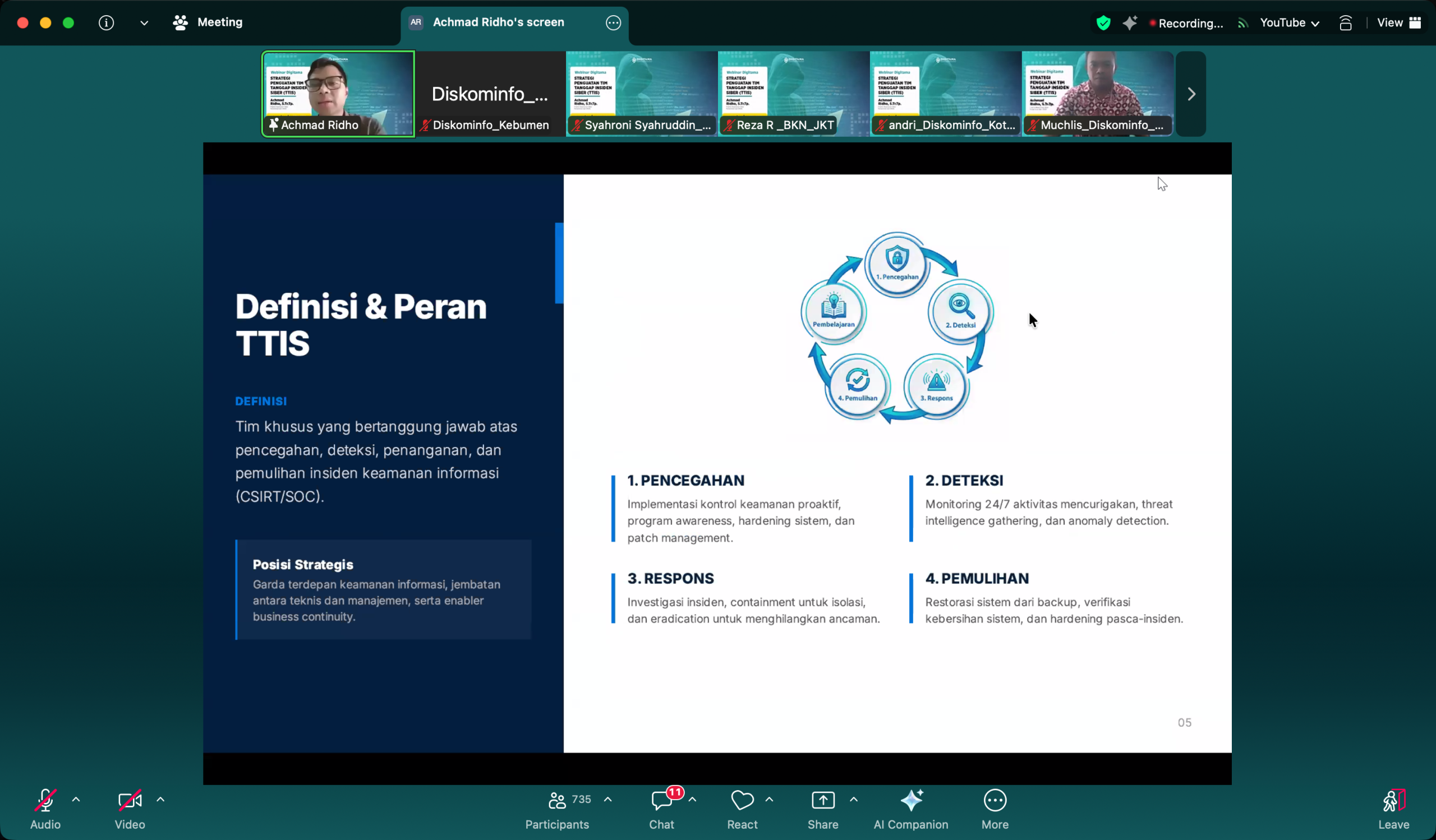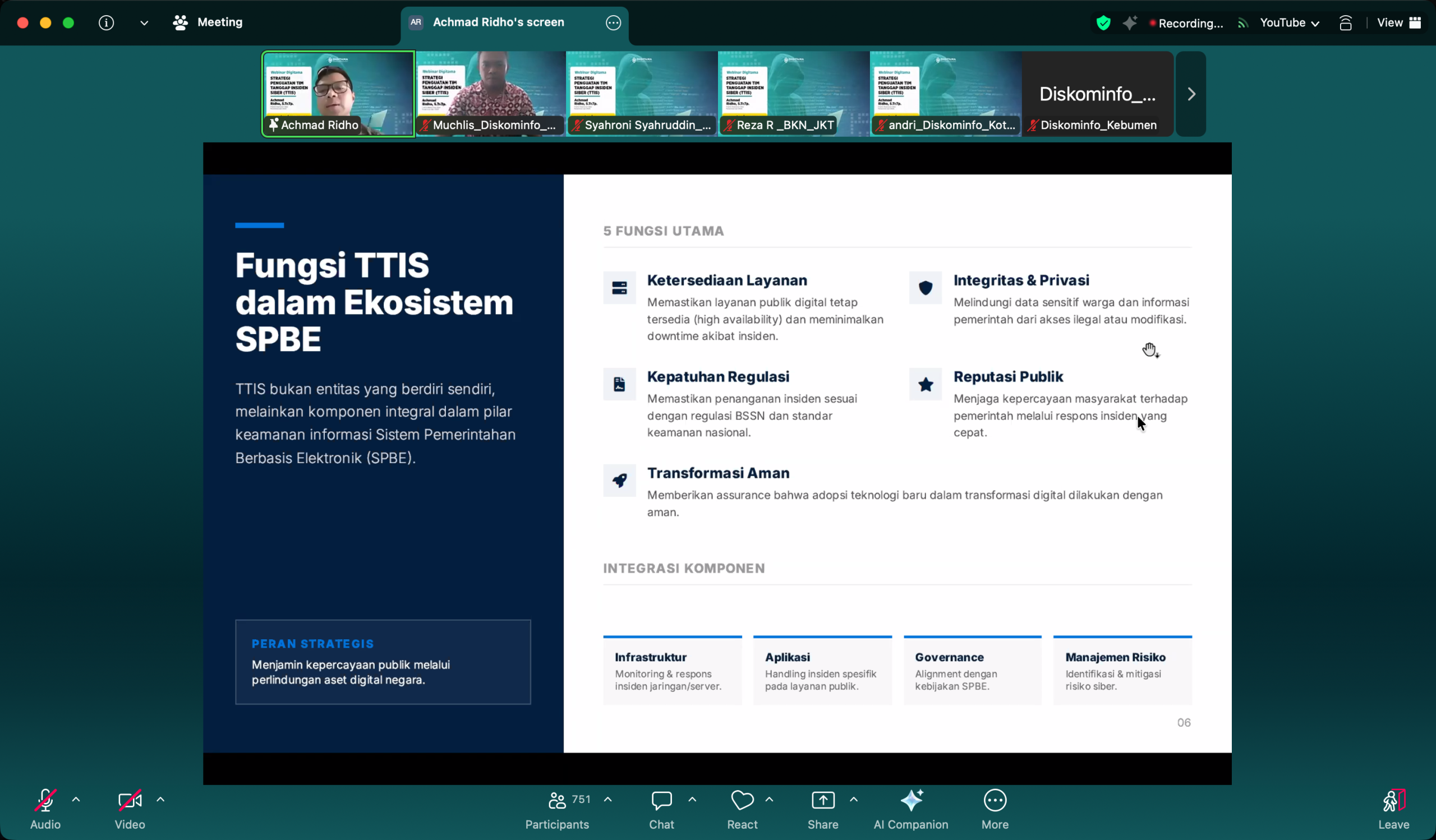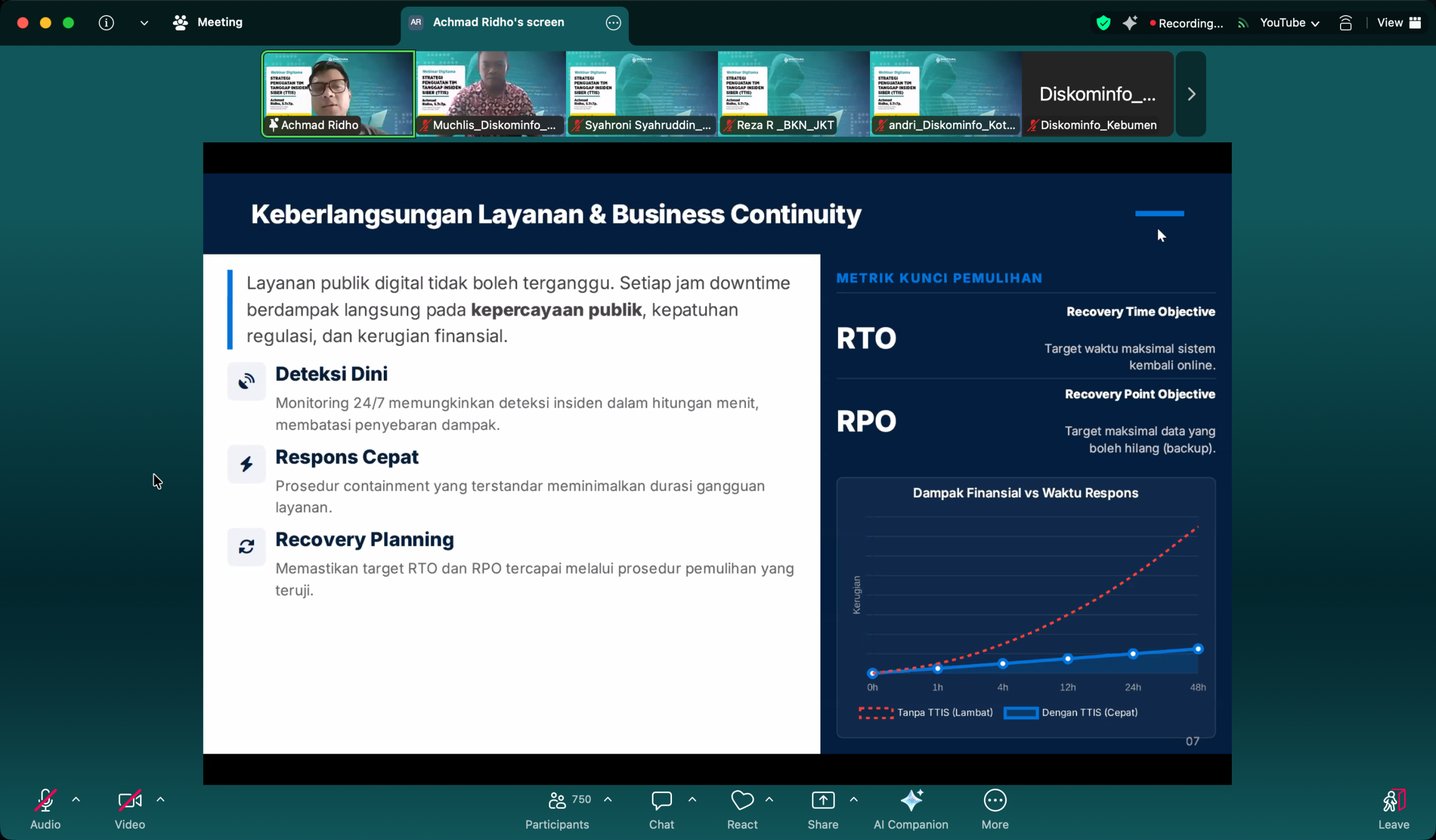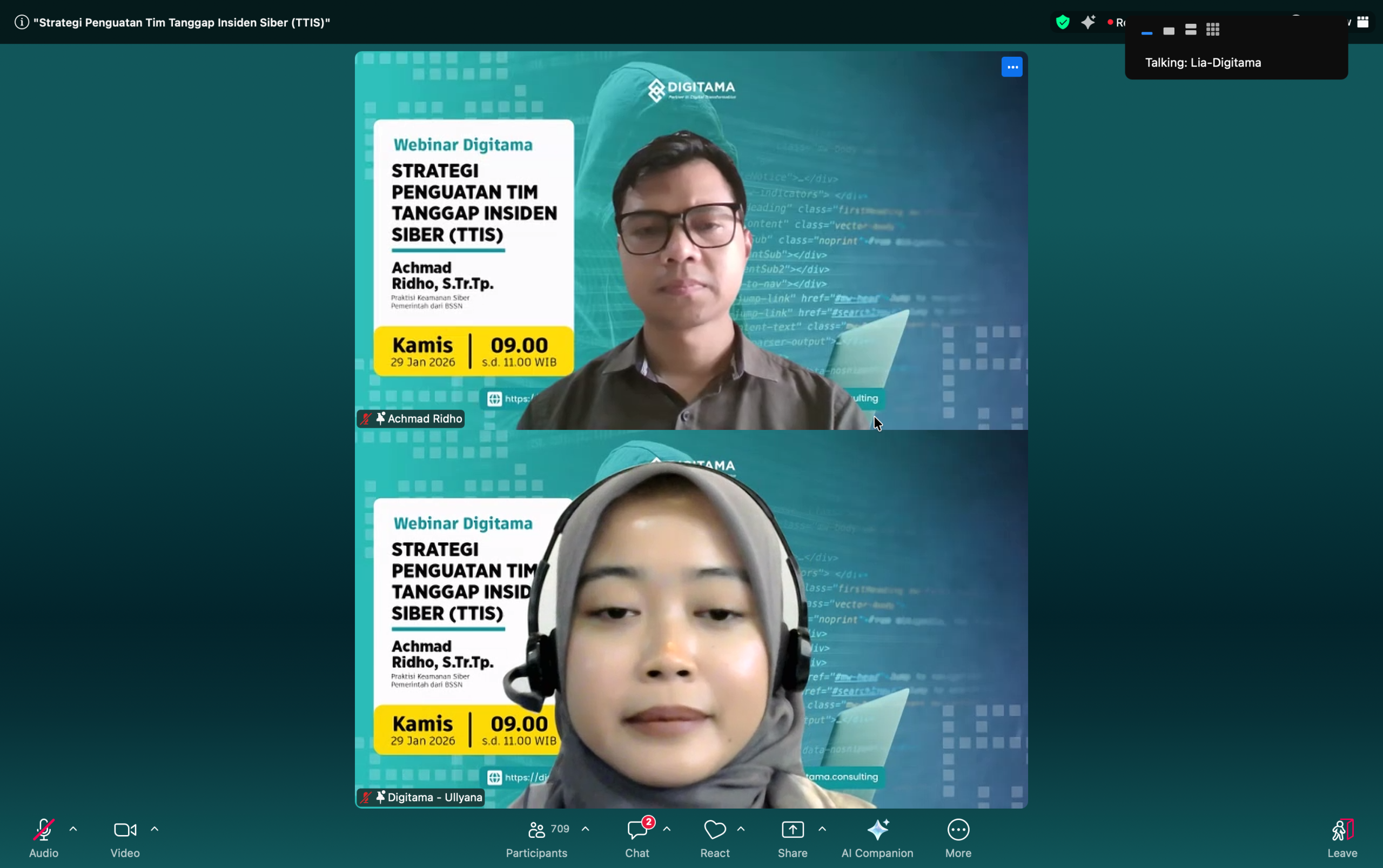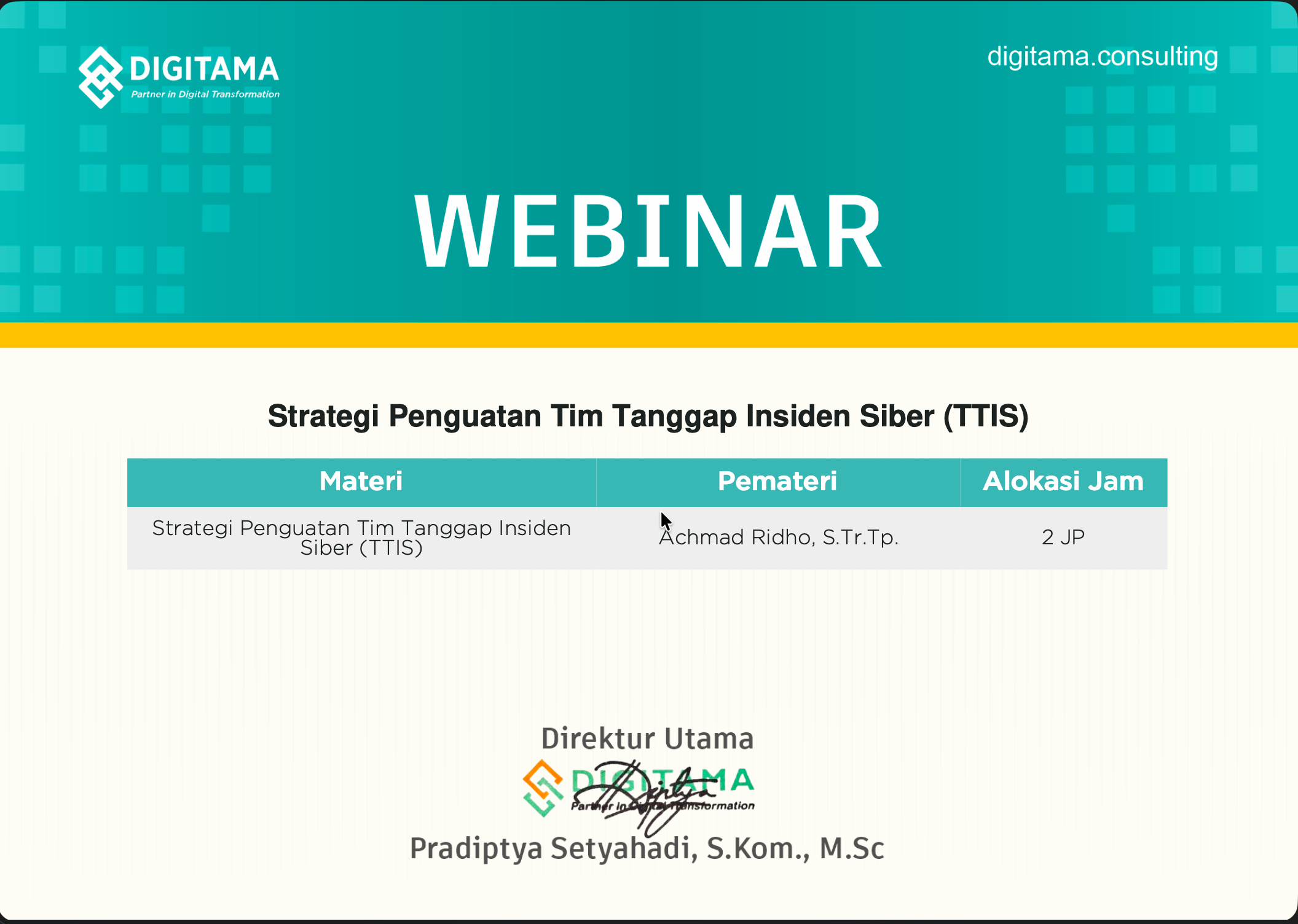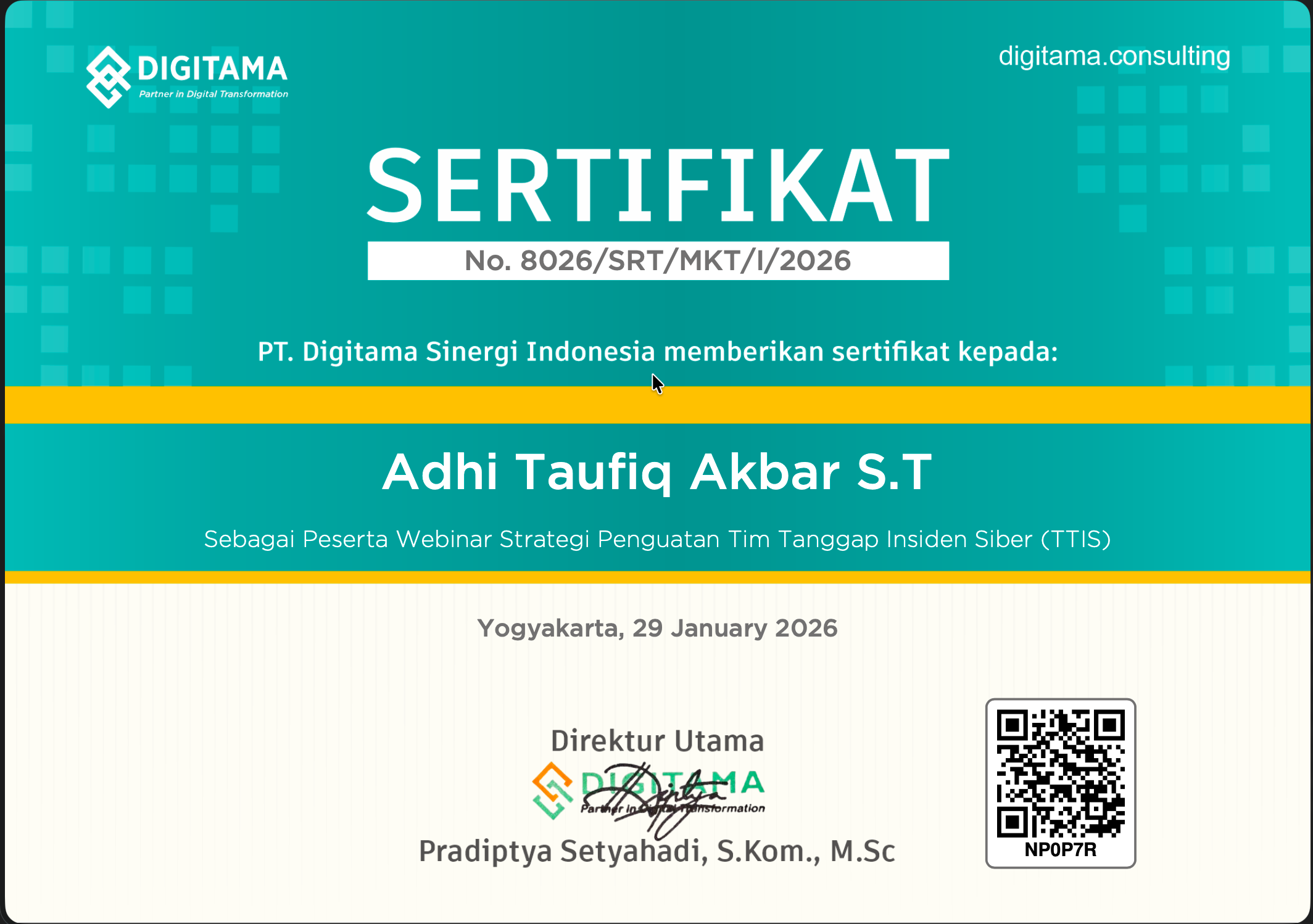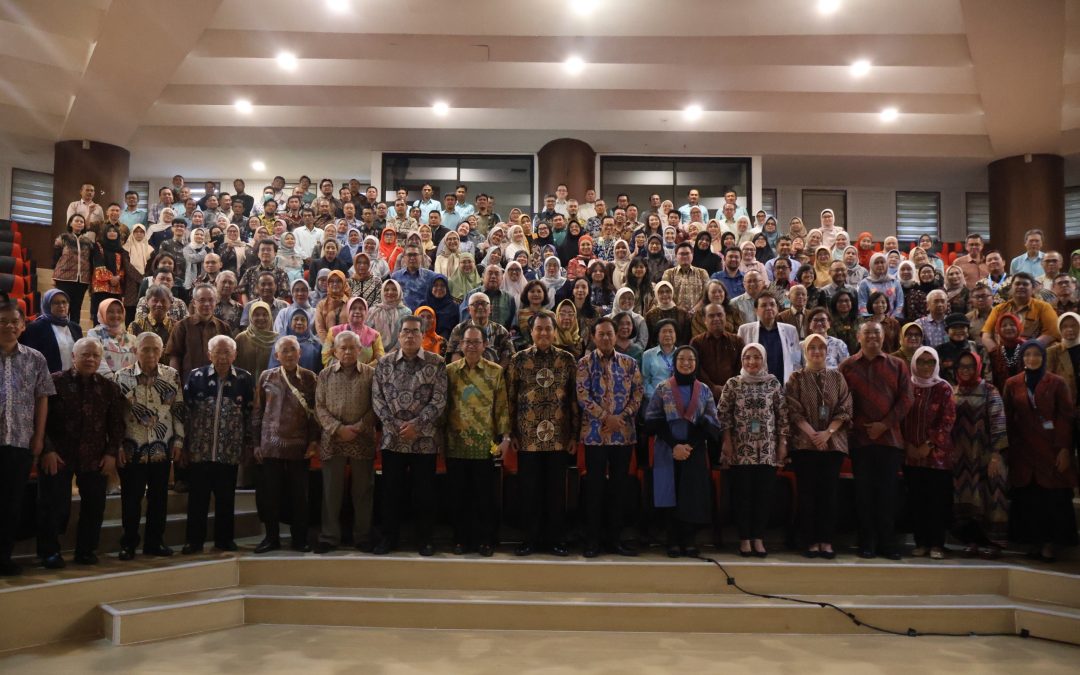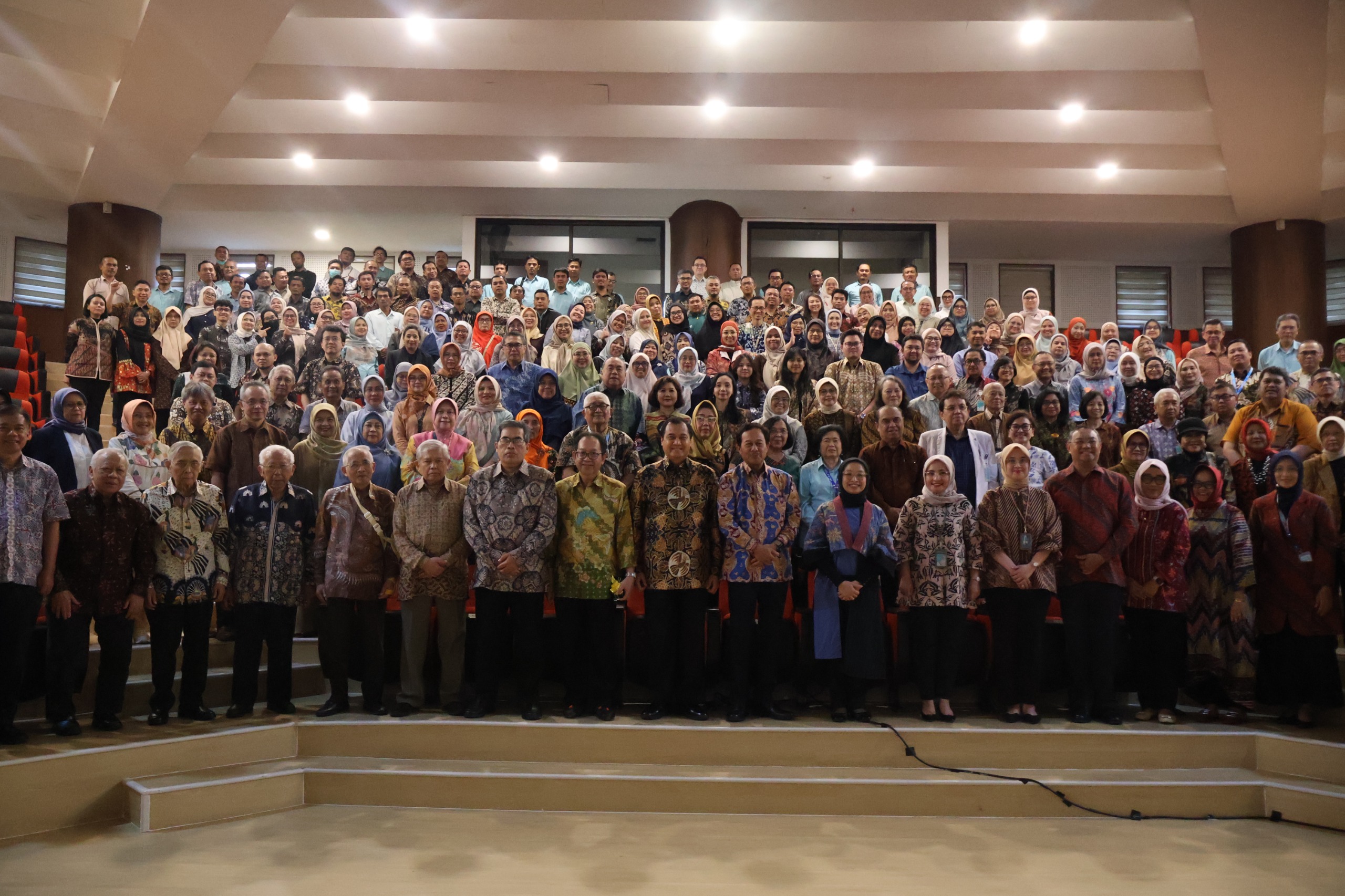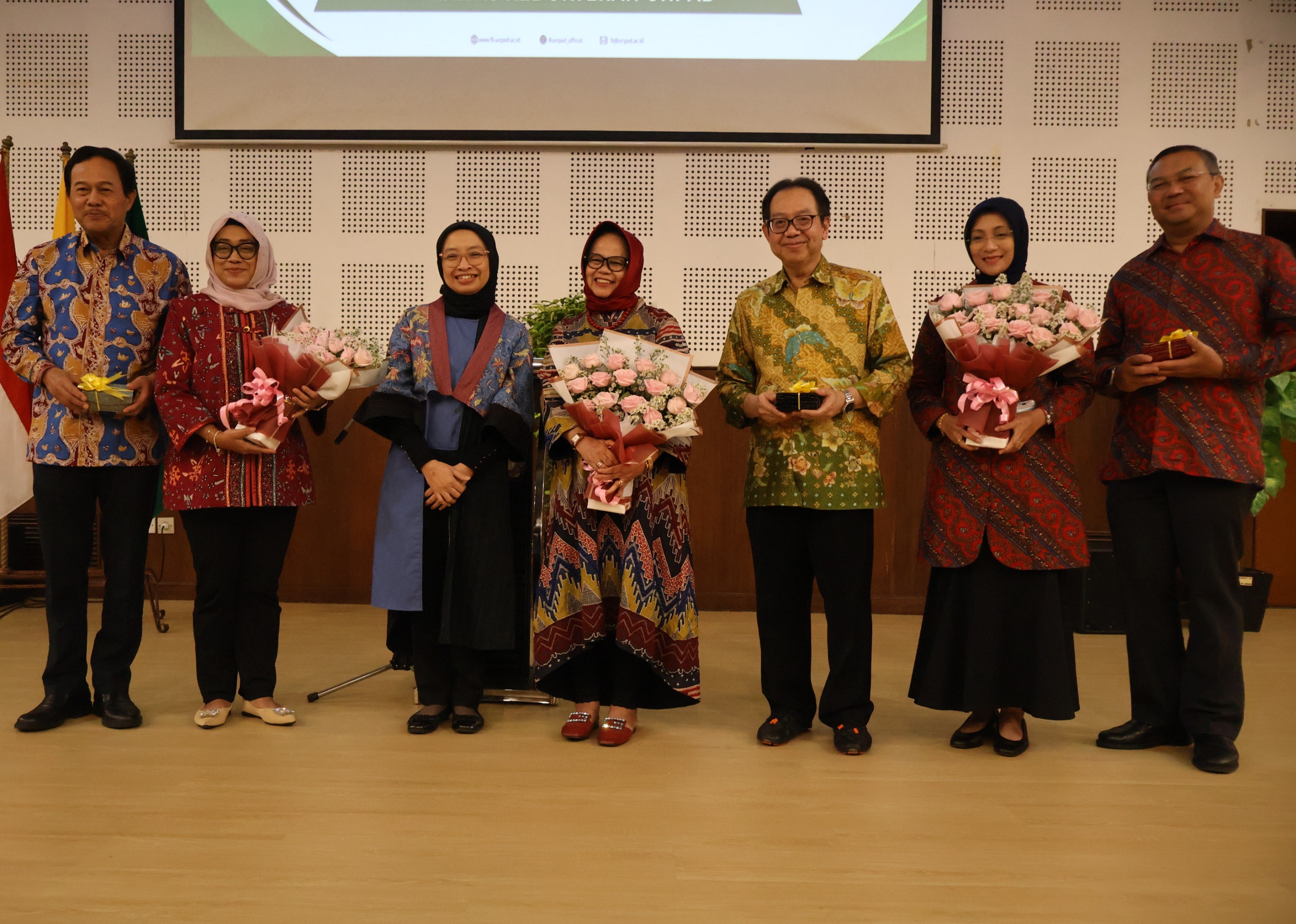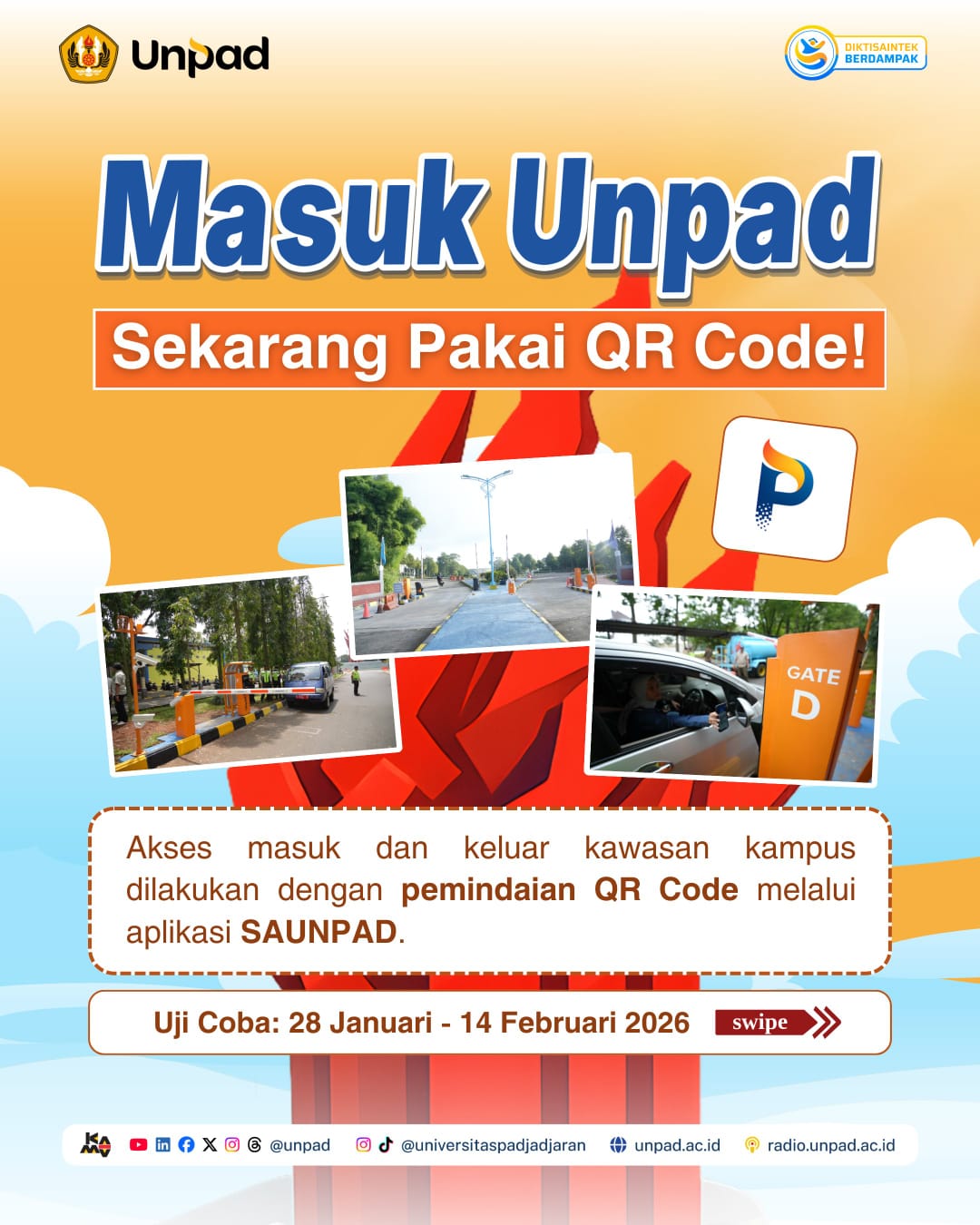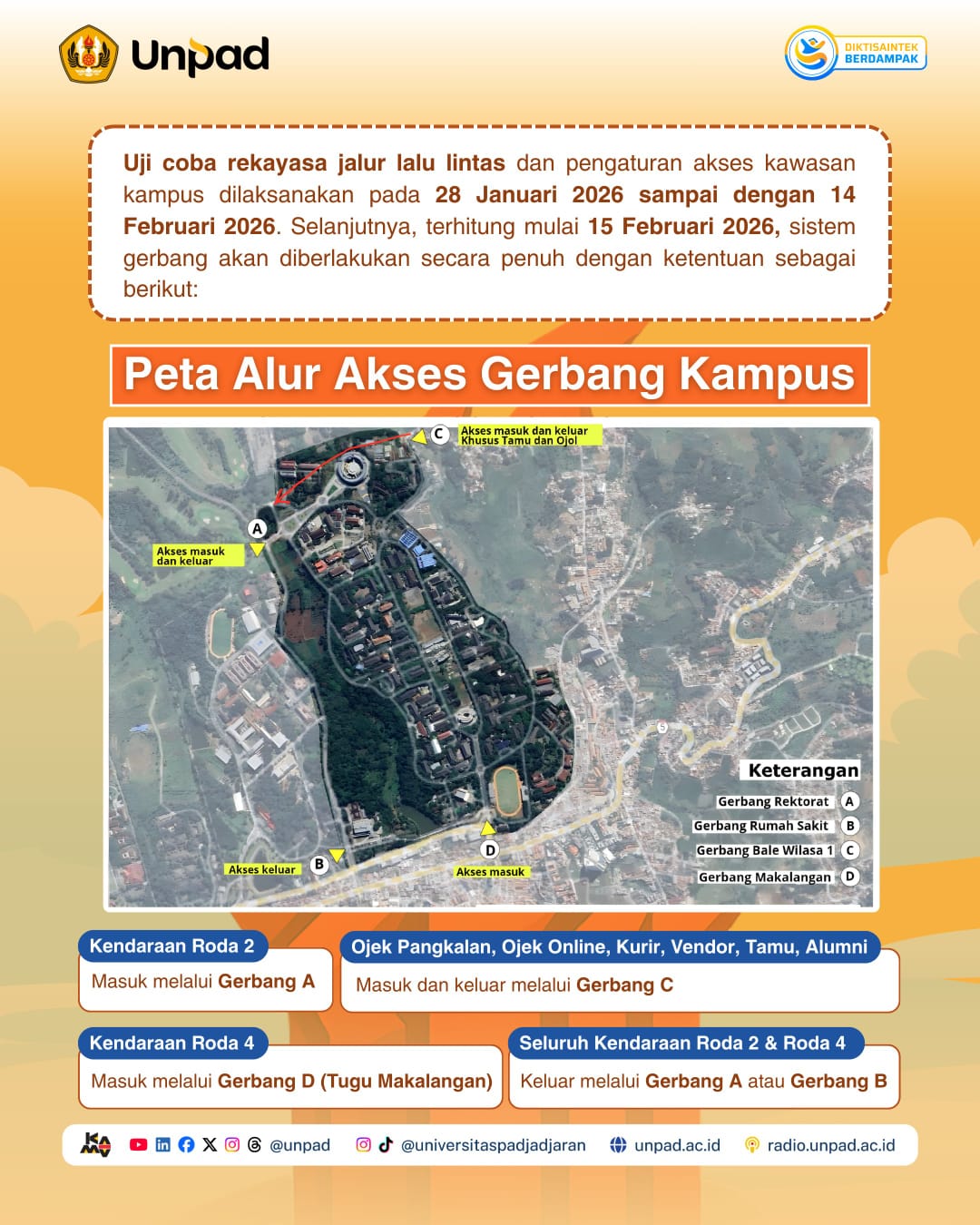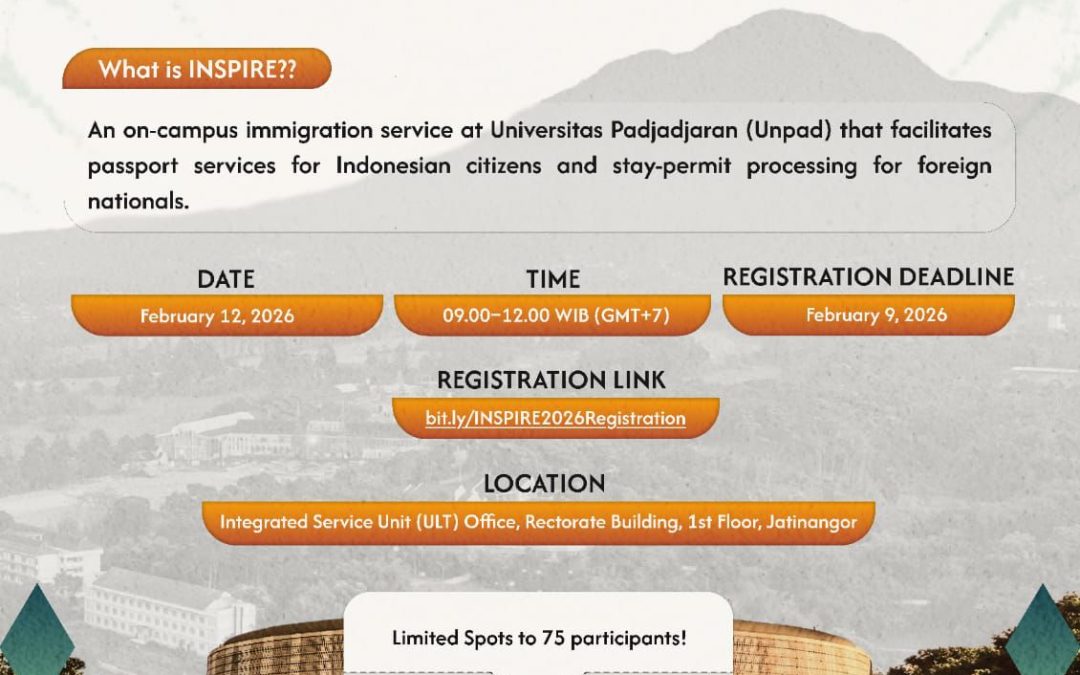
INSPIRE Immigration Service Point at University Unpad
Universitas Padjadjaran Kembali Hadirkan INSPIRE – Immigration Service Point at University
Universitas Padjadjaran bekerja sama dengan Kantor Imigrasi Kelas I TPI Bandung kembali menghadirkan layanan INSPIRE – Immigration Service Point at University, sebuah inovasi layanan keimigrasian yang diselenggarakan langsung di lingkungan kampus Universitas Padjadjaran.
INSPIRE dirancang khusus untuk memberikan kemudahan dan percepatan layanan keimigrasian bagi Sivitas Akademika Unpad yang meliputi dosen, mahasiswa, alumni, serta tenaga kependidikan. Melalui layanan ini, pemohon dapat mengakses layanan paspor bagi Warga Negara Indonesia (WNI) serta layanan izin tinggal bagi Warga Negara Asing (WNA) tanpa harus datang langsung ke kantor imigrasi.
Kegiatan INSPIRE akan dilaksanakan pada:
-
📅 Tanggal: 12 Februari 2026
-
⏰ Waktu: 09.00–12.00 WIB
-
📍 Lokasi: Kantor ULT, Gedung Rektorat Lantai 1, Kampus Jatinangor
Peserta wajib melakukan registrasi terlebih dahulu melalui tautan berikut:
🔗 https://bit.ly/INSPIRE2026Registration
Kuota layanan terbatas untuk 75 peserta pertama.
Catatan Penting
-
Pendaftaran dibuka hingga 9 Februari 2026 pukul 23.59 WIB
-
Pengumuman peserta yang mendapatkan kuota dan waiting list pada 10 Februari 2026
-
Konfirmasi kehadiran peserta hingga 11 Februari 2026
Melalui pelaksanaan INSPIRE, Universitas Padjadjaran menegaskan komitmennya dalam mendukung pelayanan publik yang prima, efisien, dan ramah sivitas akademika, sekaligus memperkuat ekosistem kampus yang mendukung mobilitas akademik nasional maupun internasional.
Untuk informasi lebih lanjut, dapat menghubungi:
📧 international@unpad.ac.id
📱 WhatsApp: 082312513635


